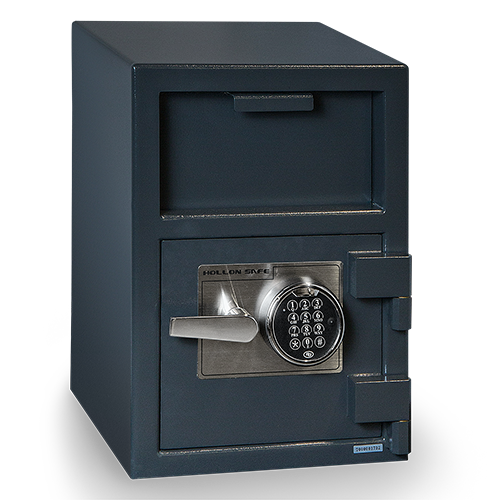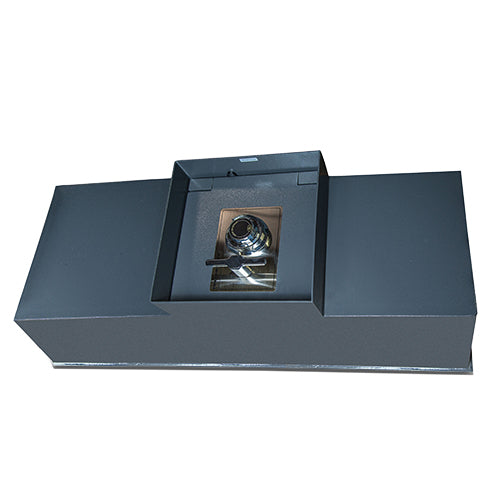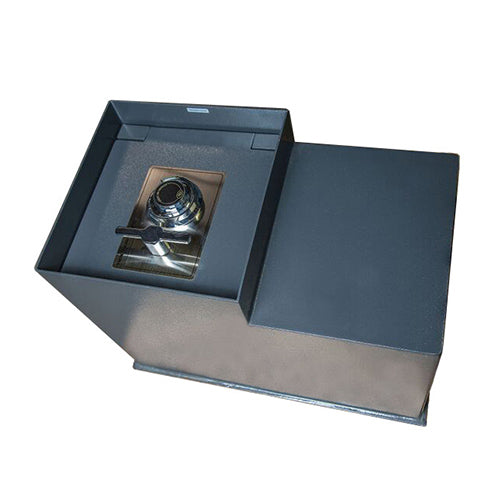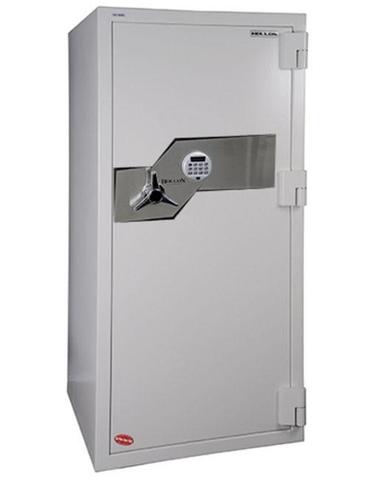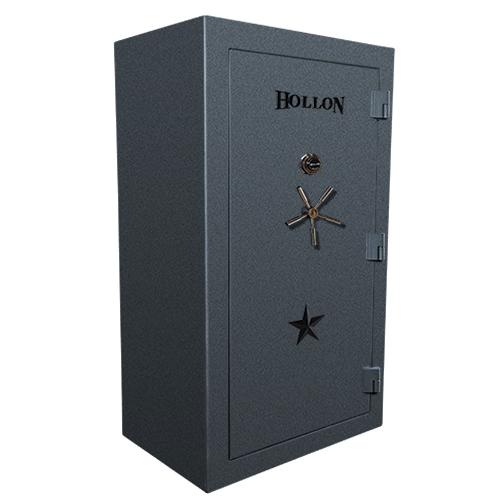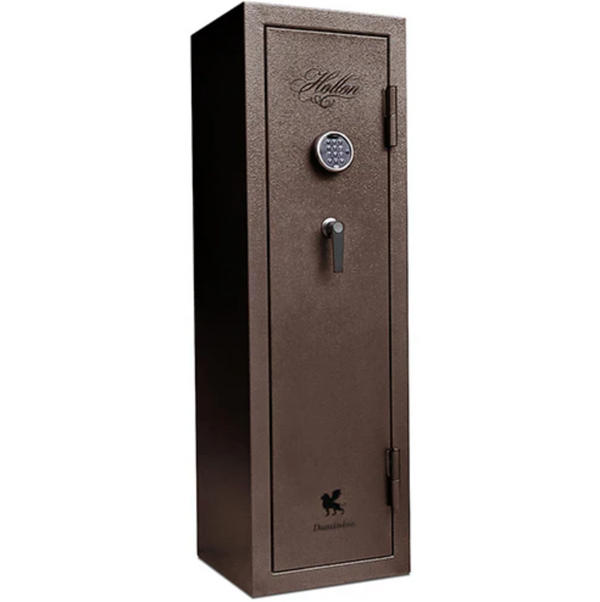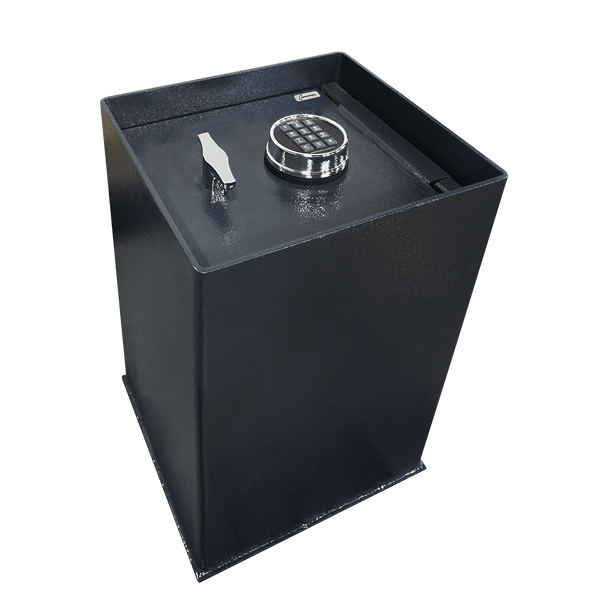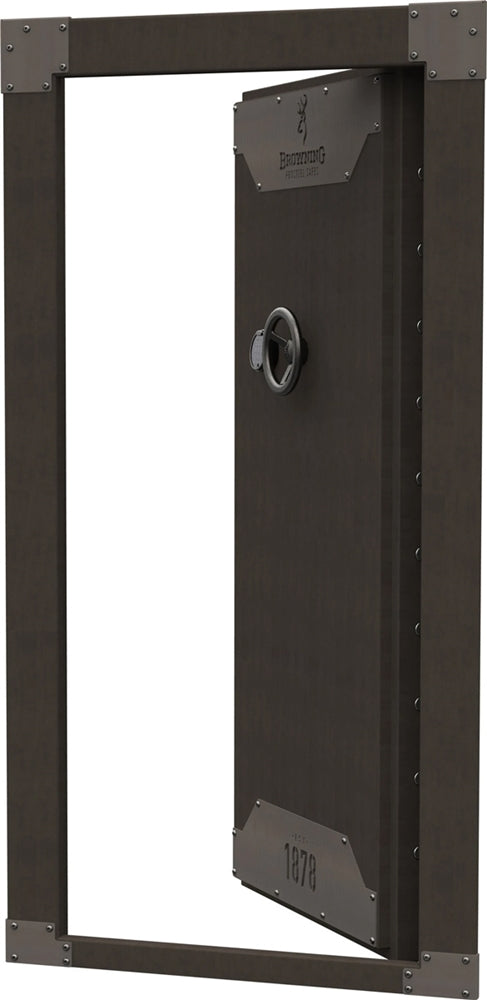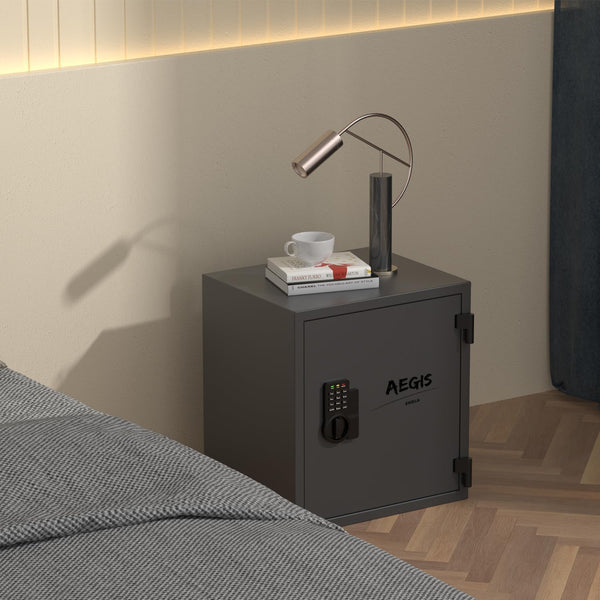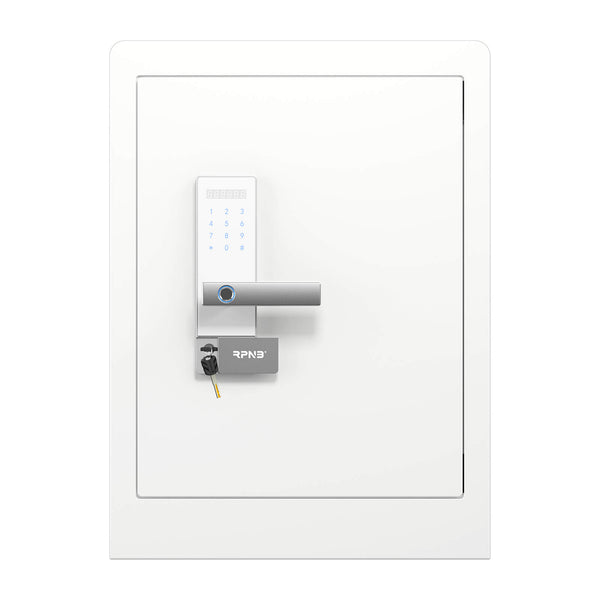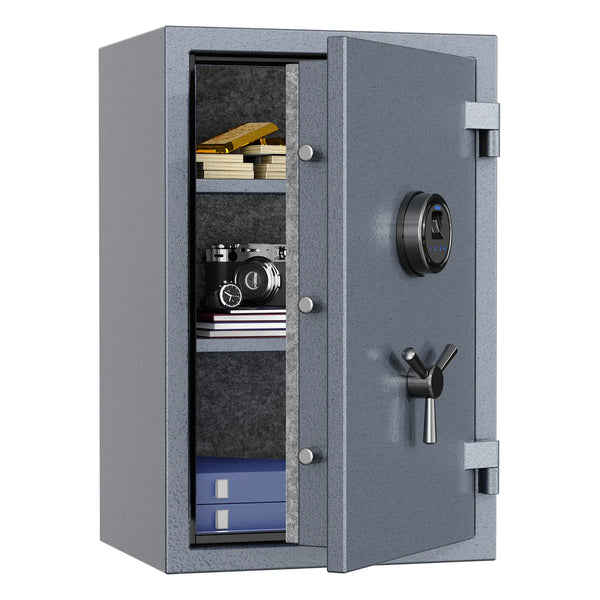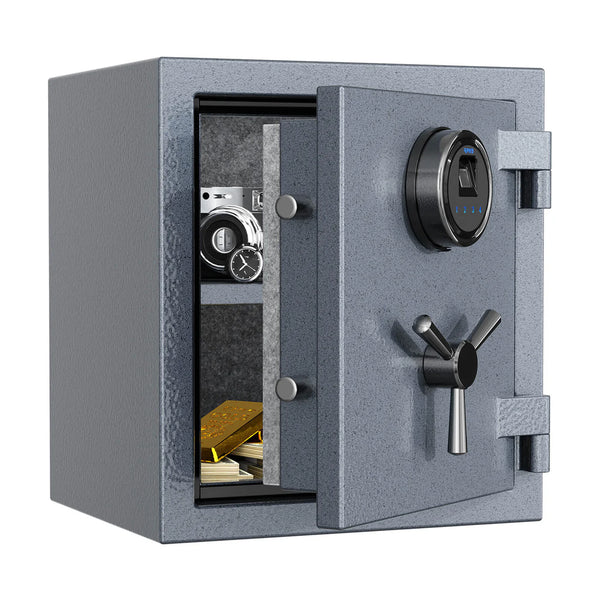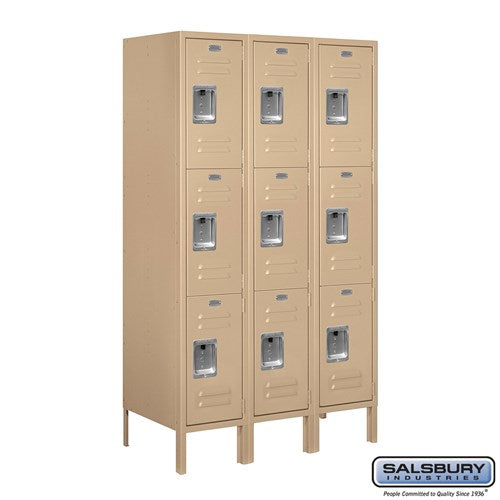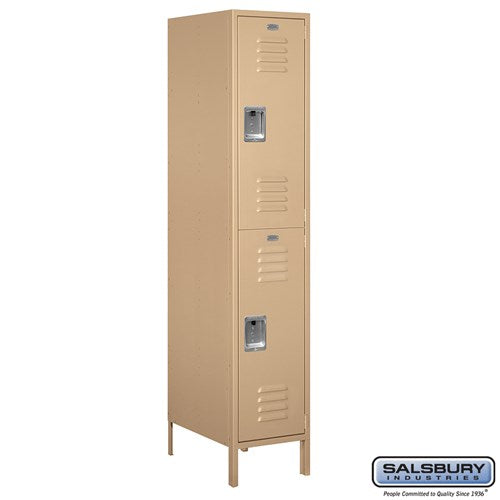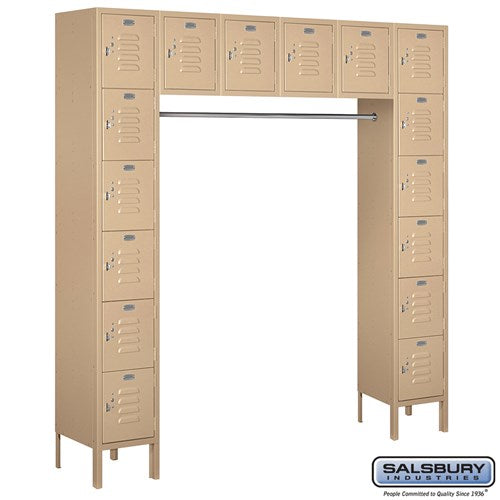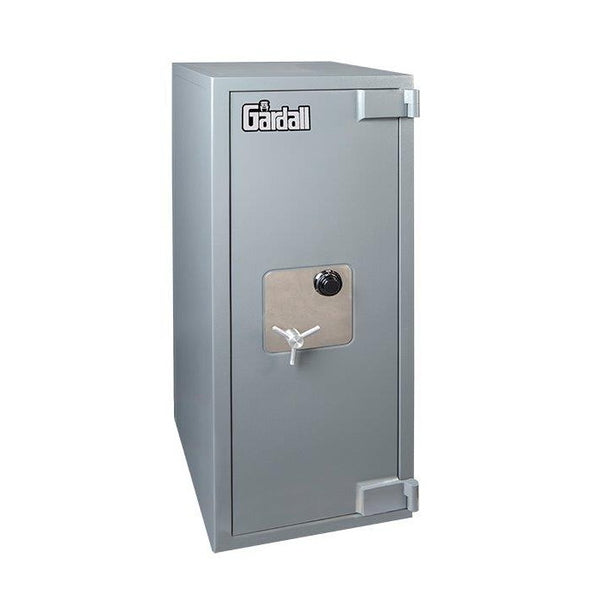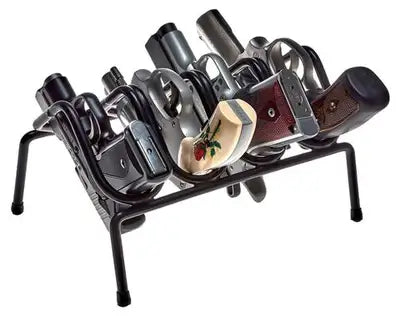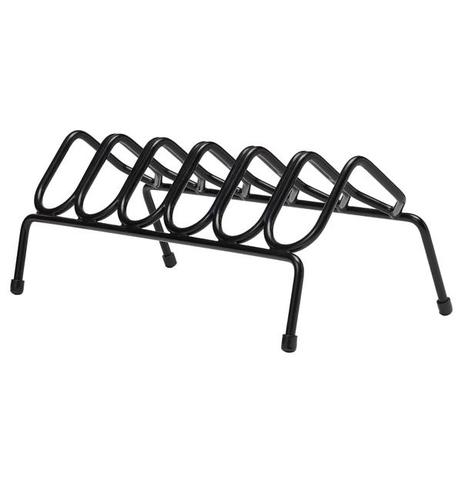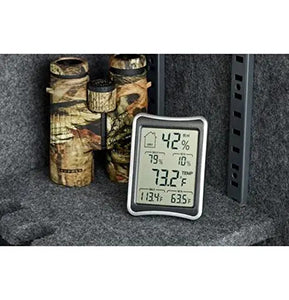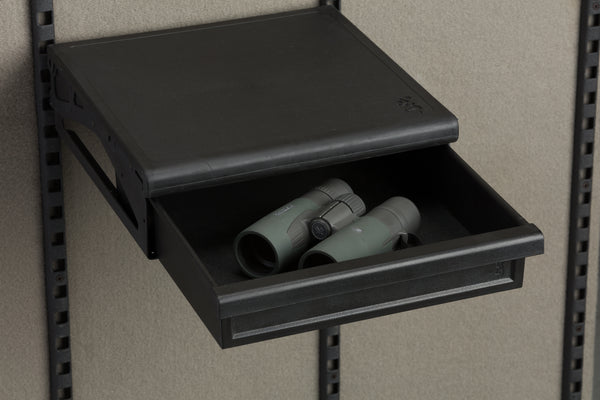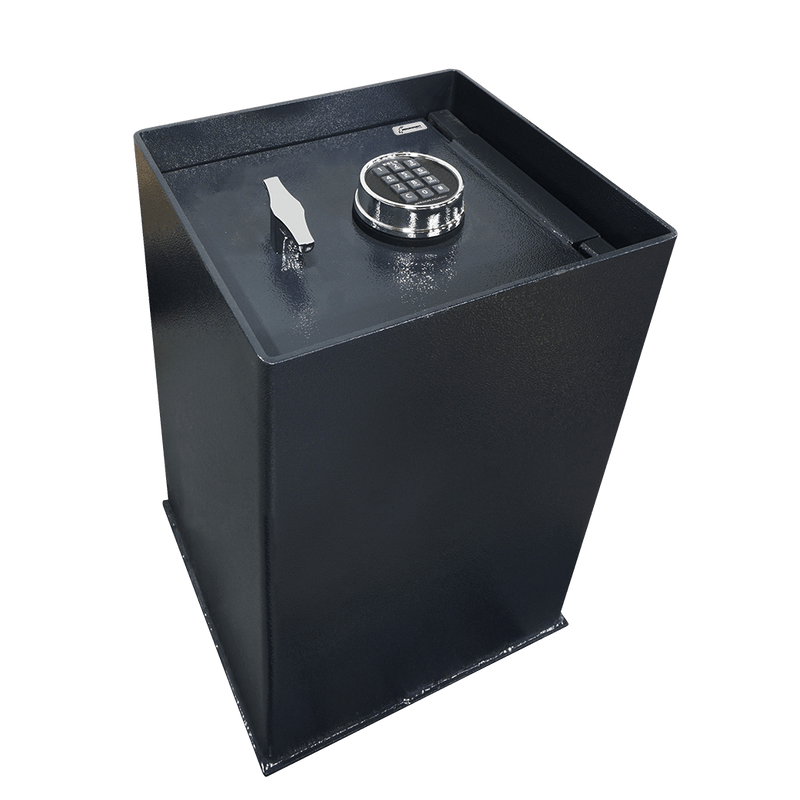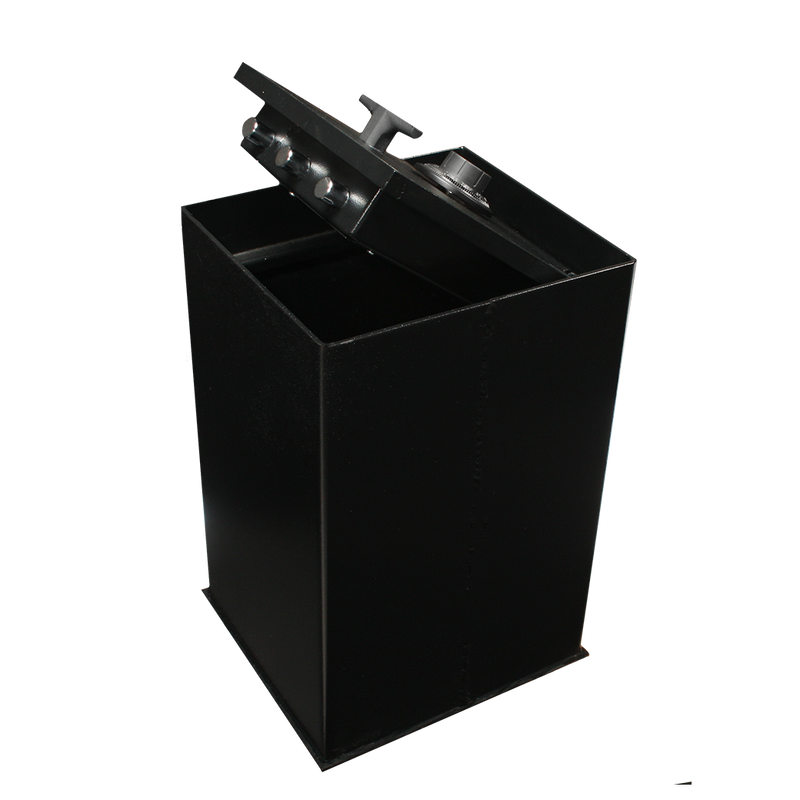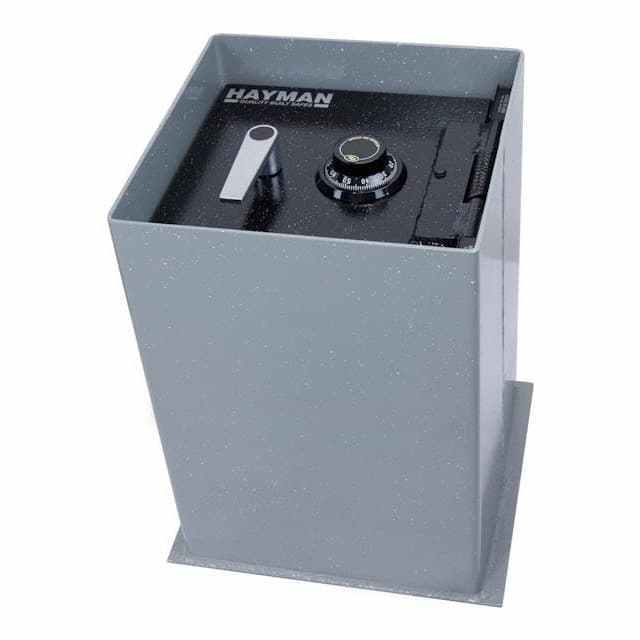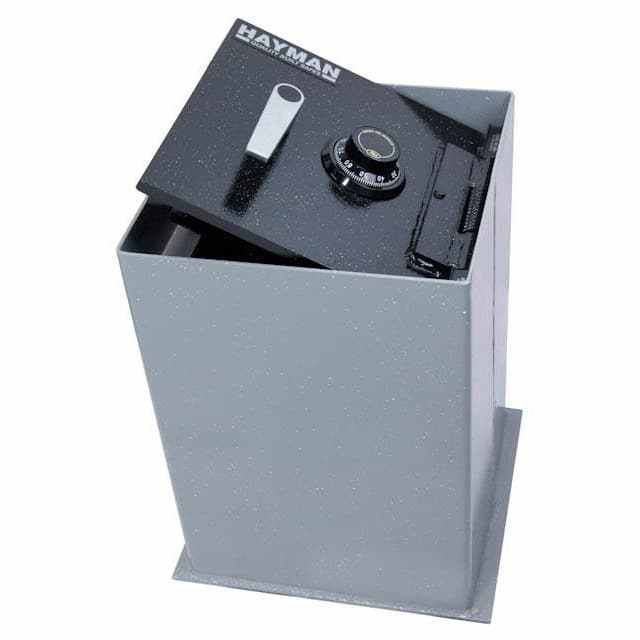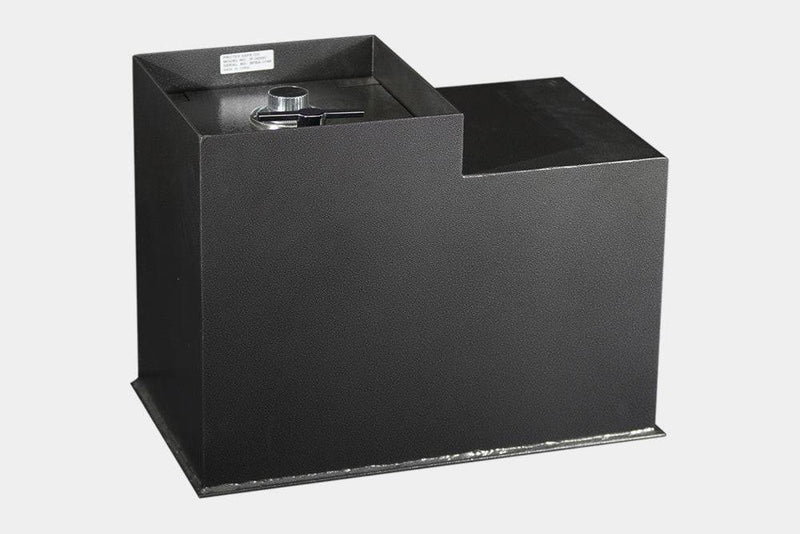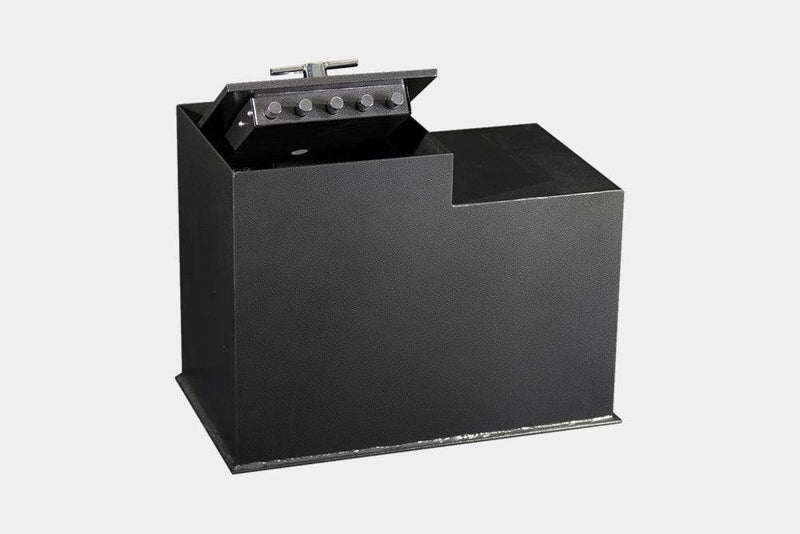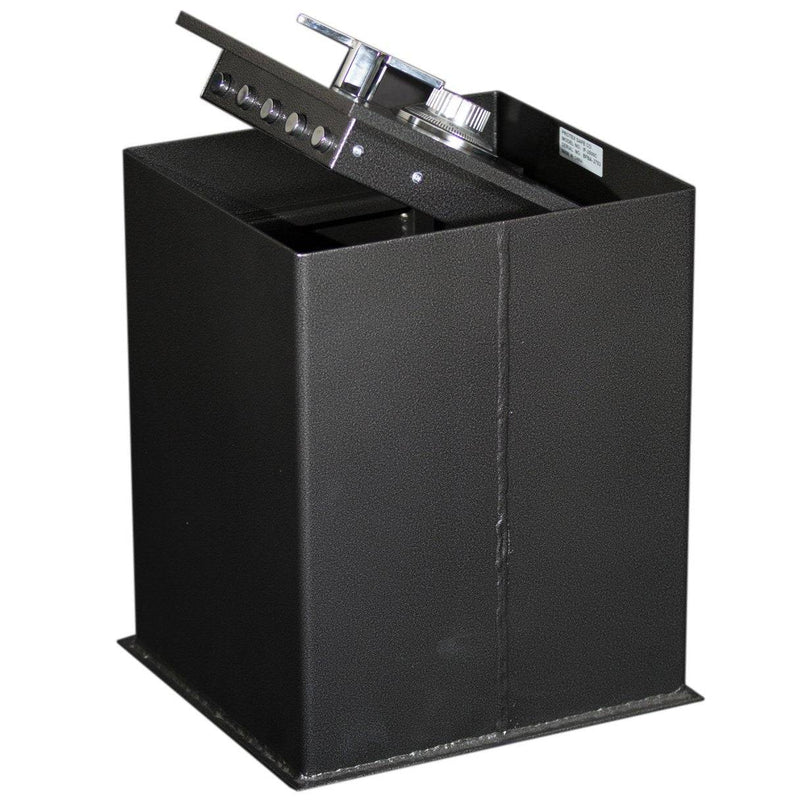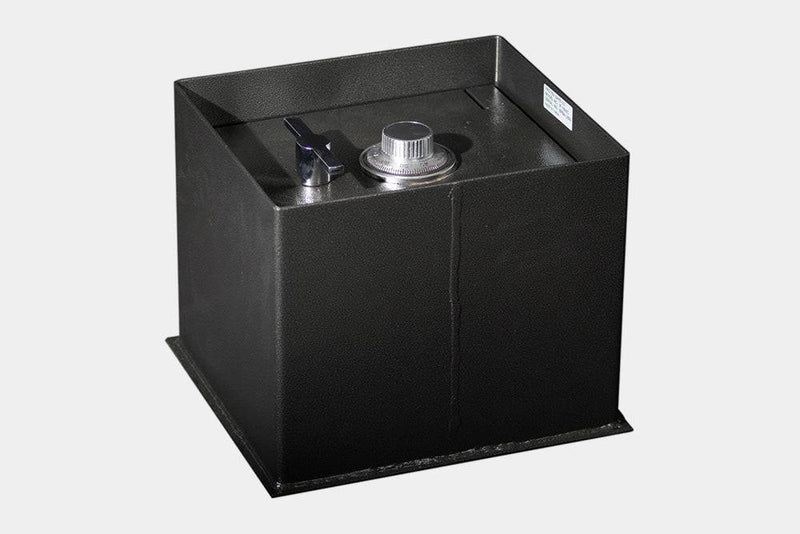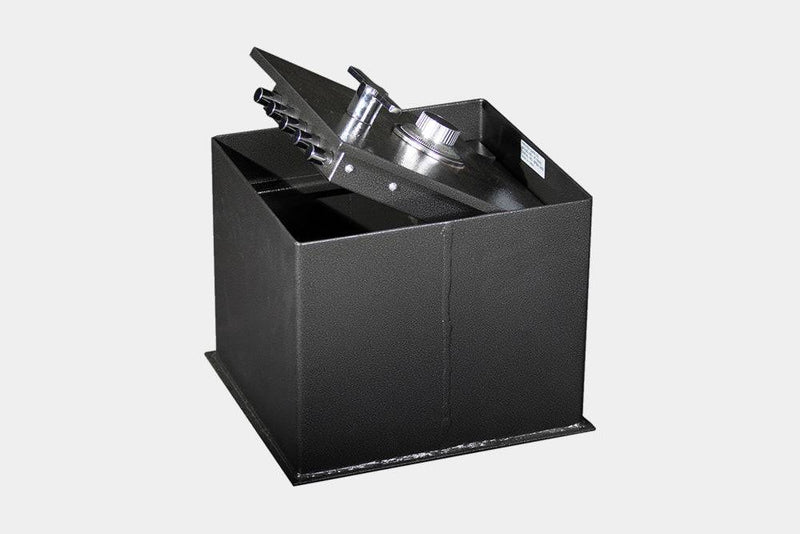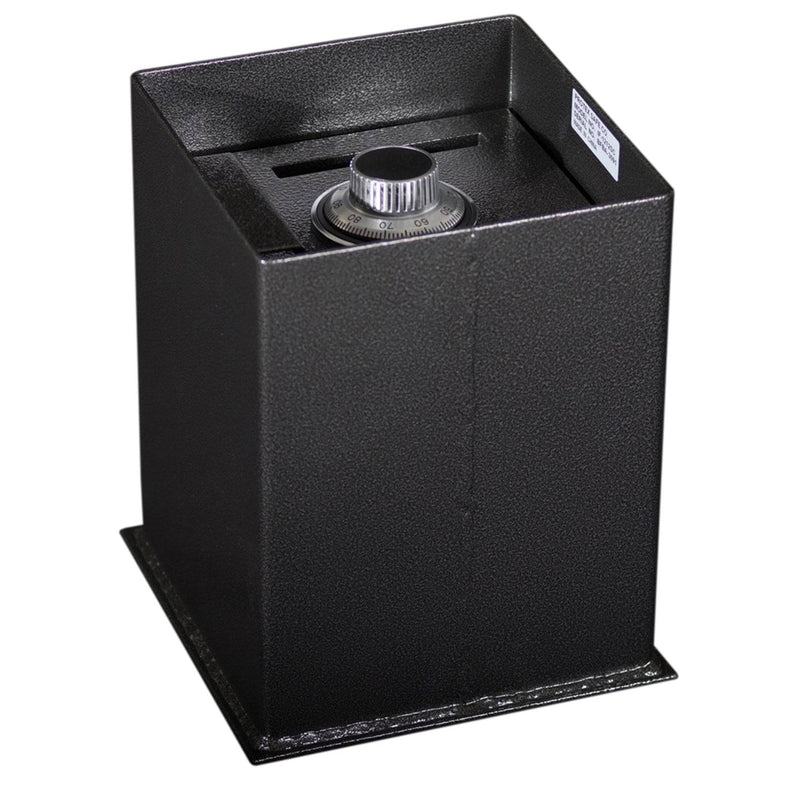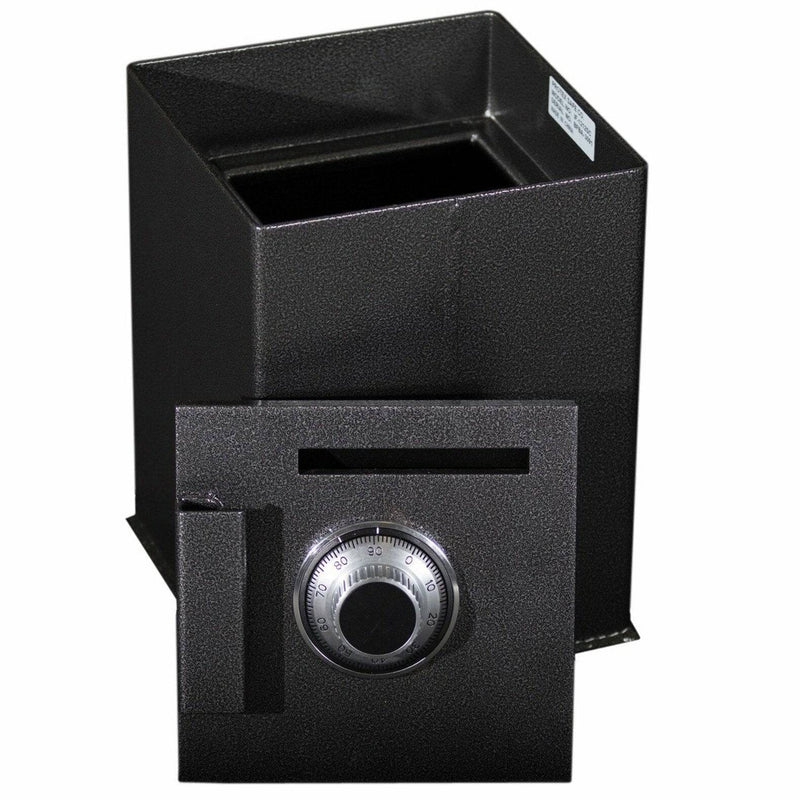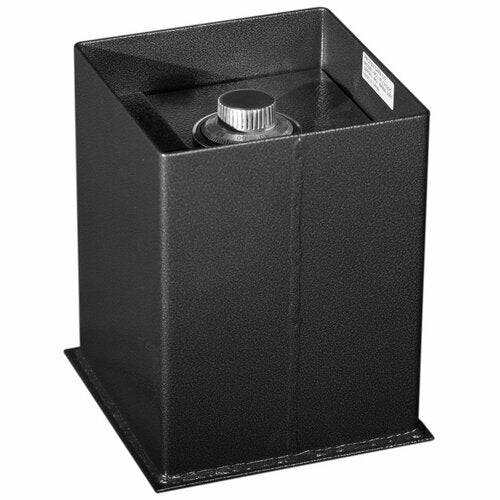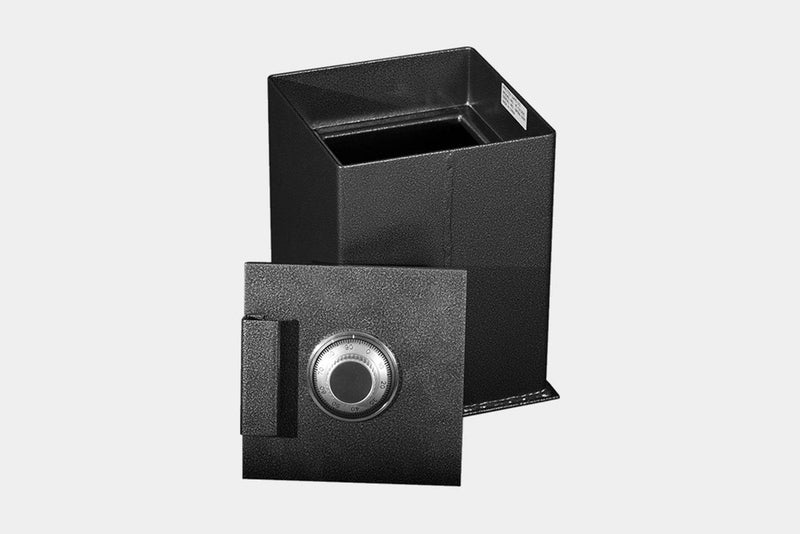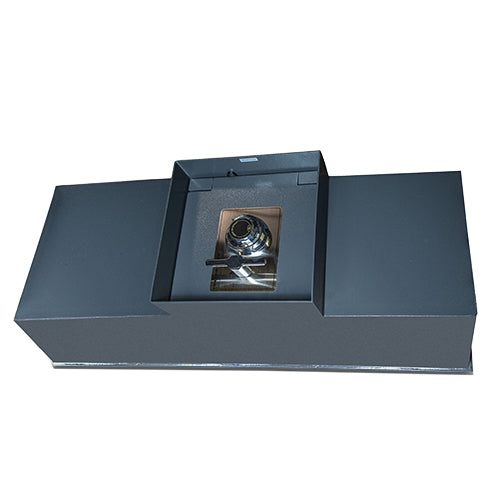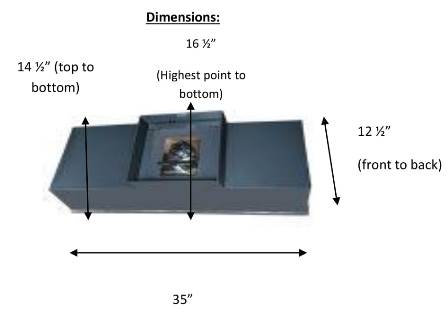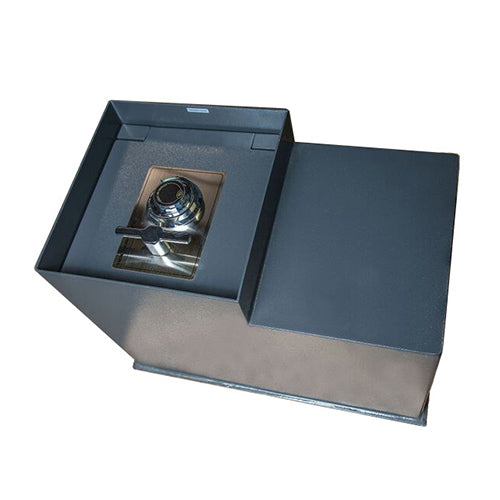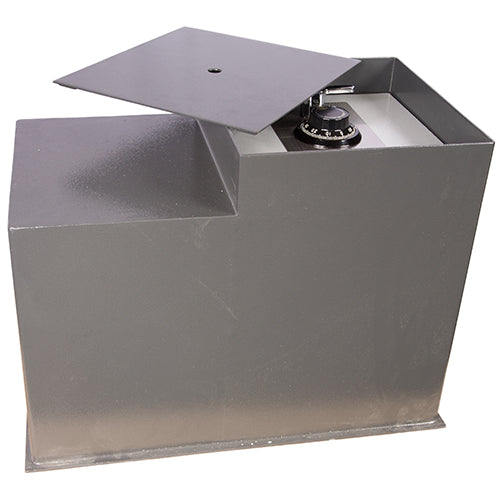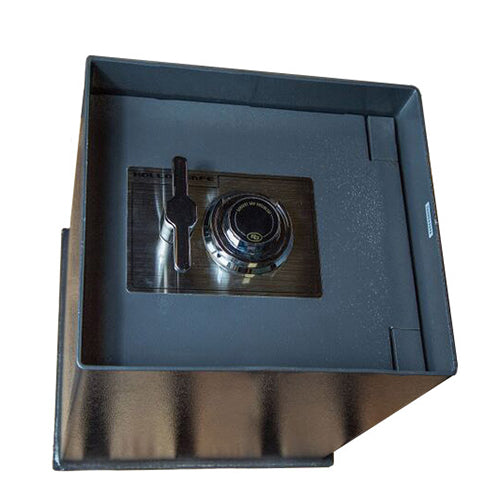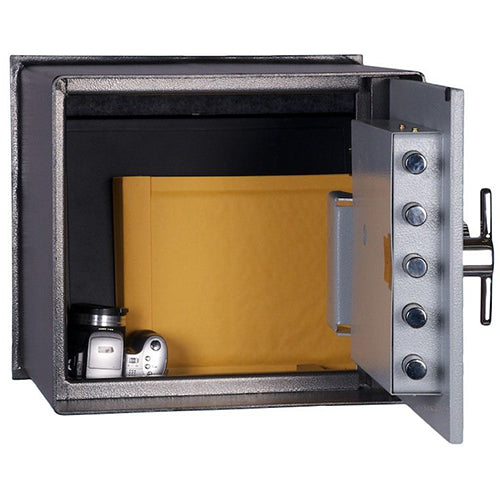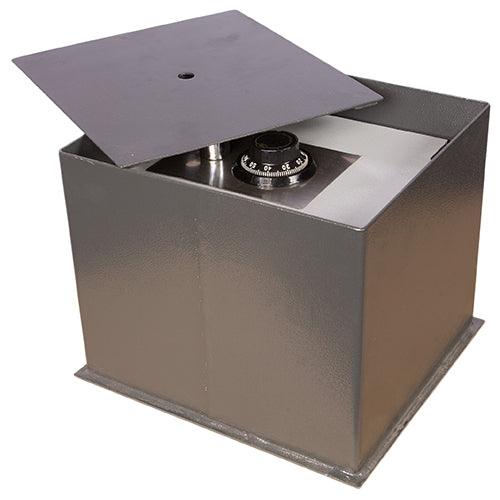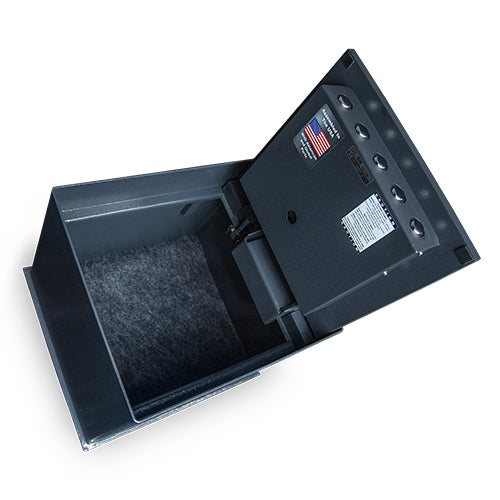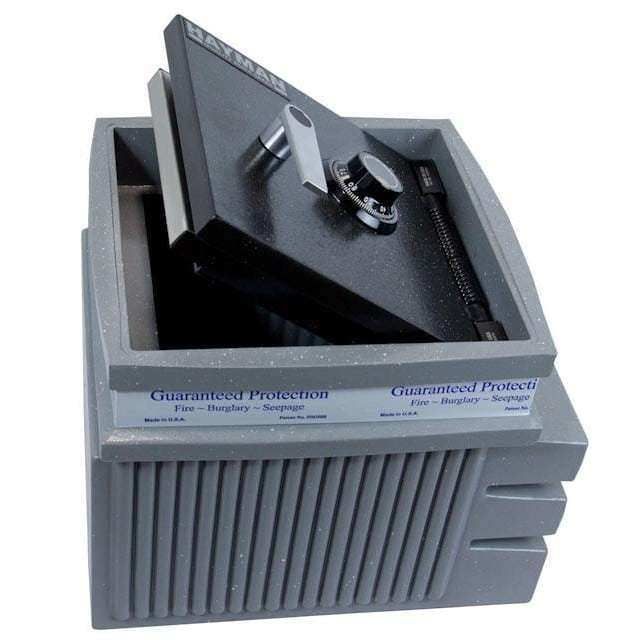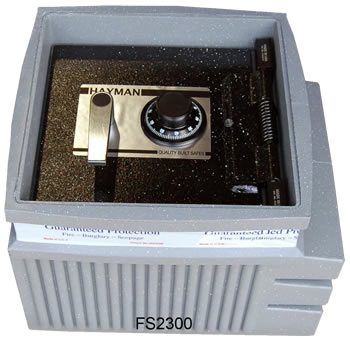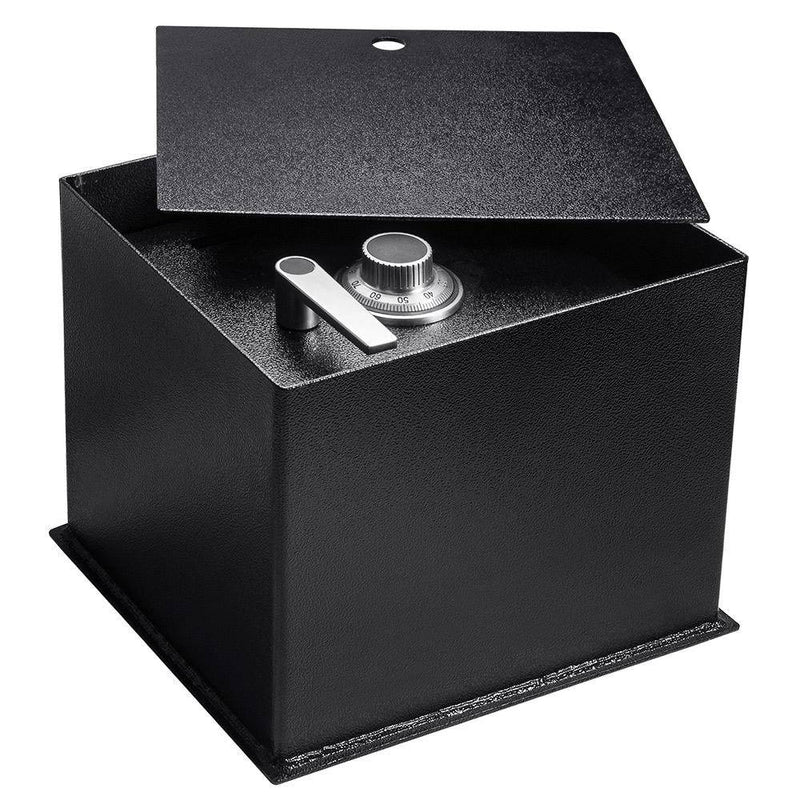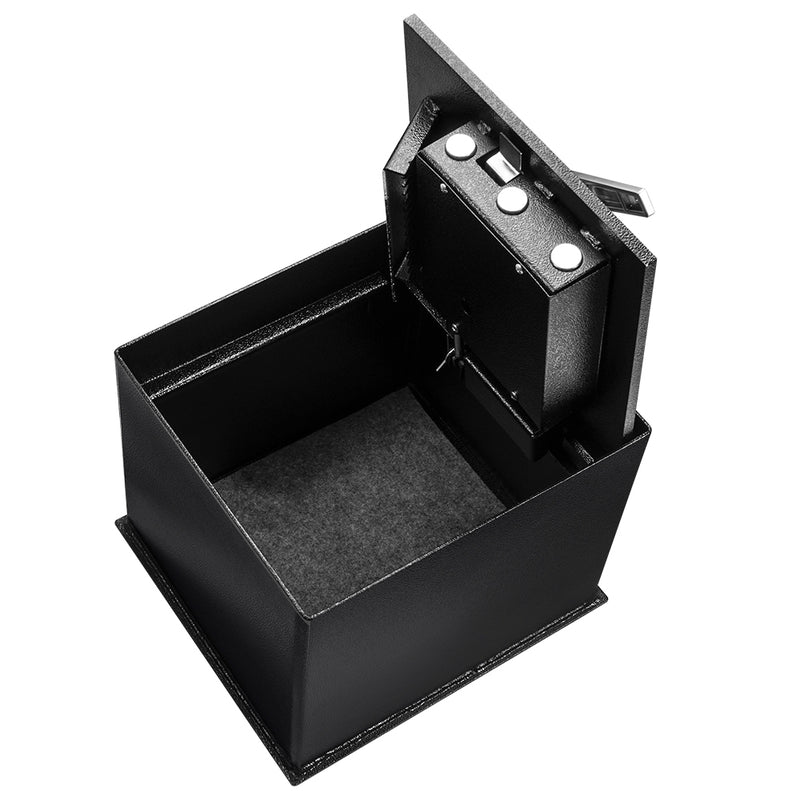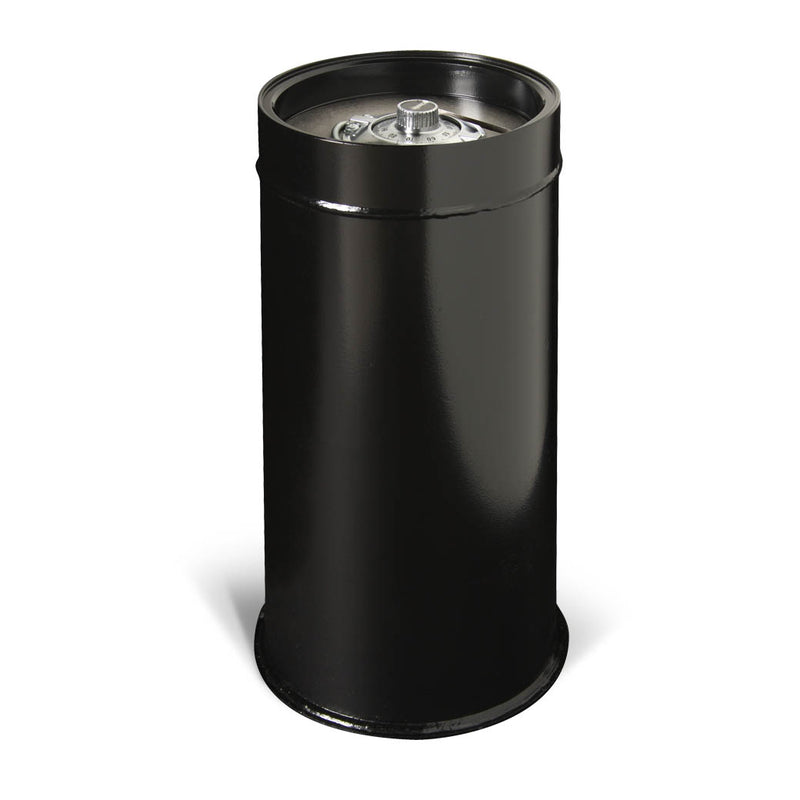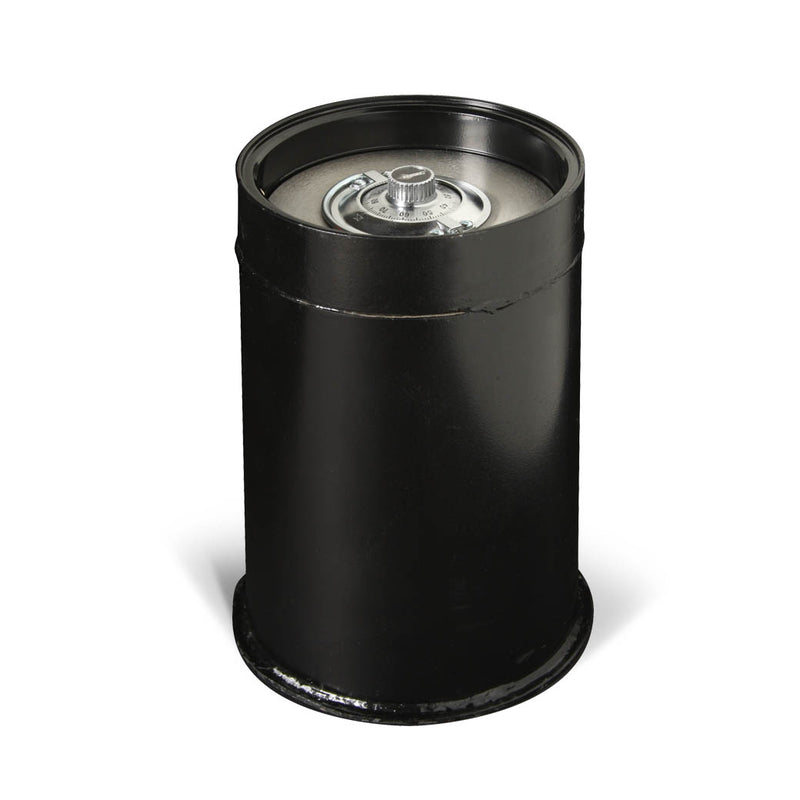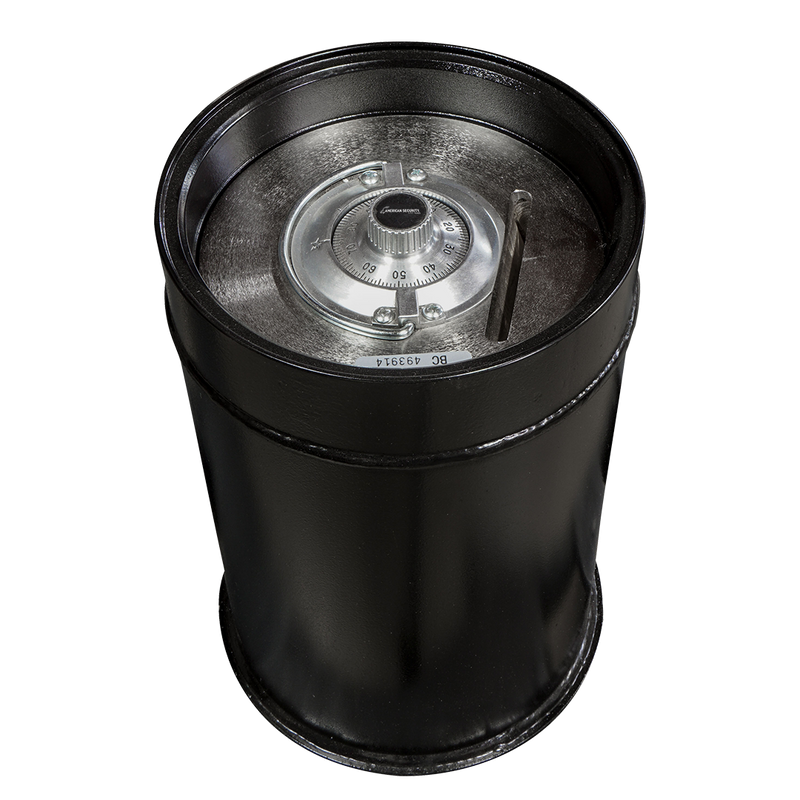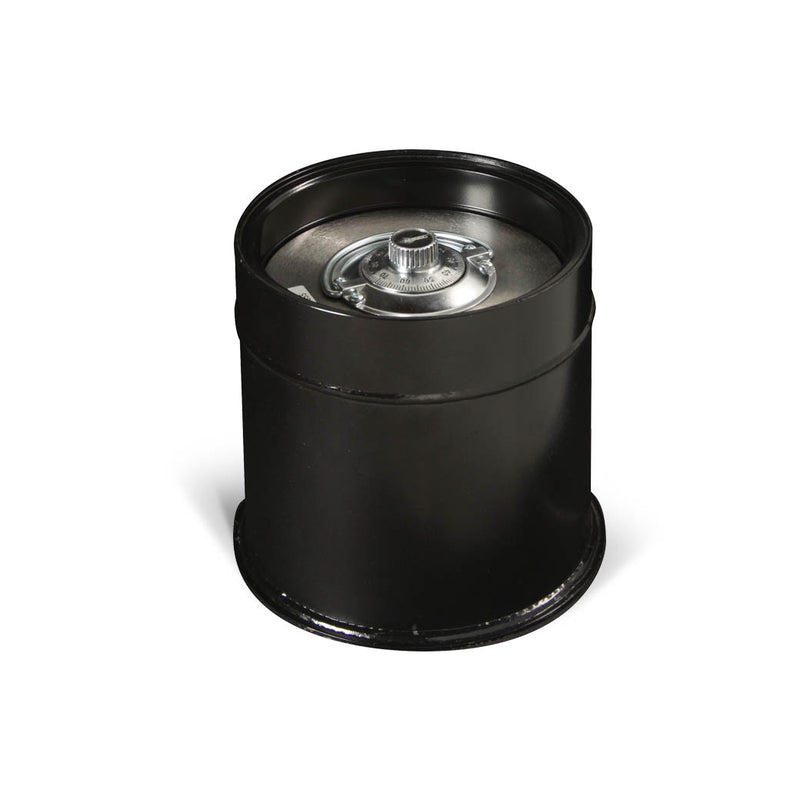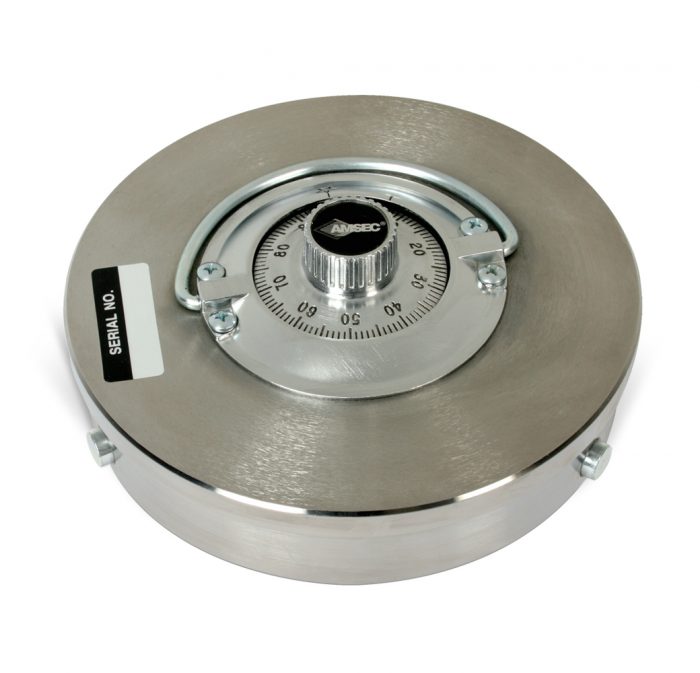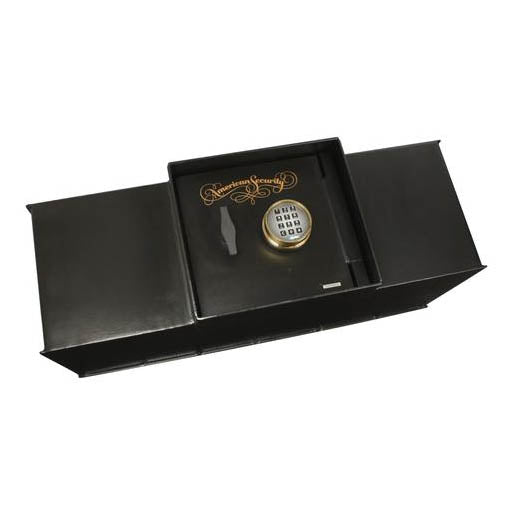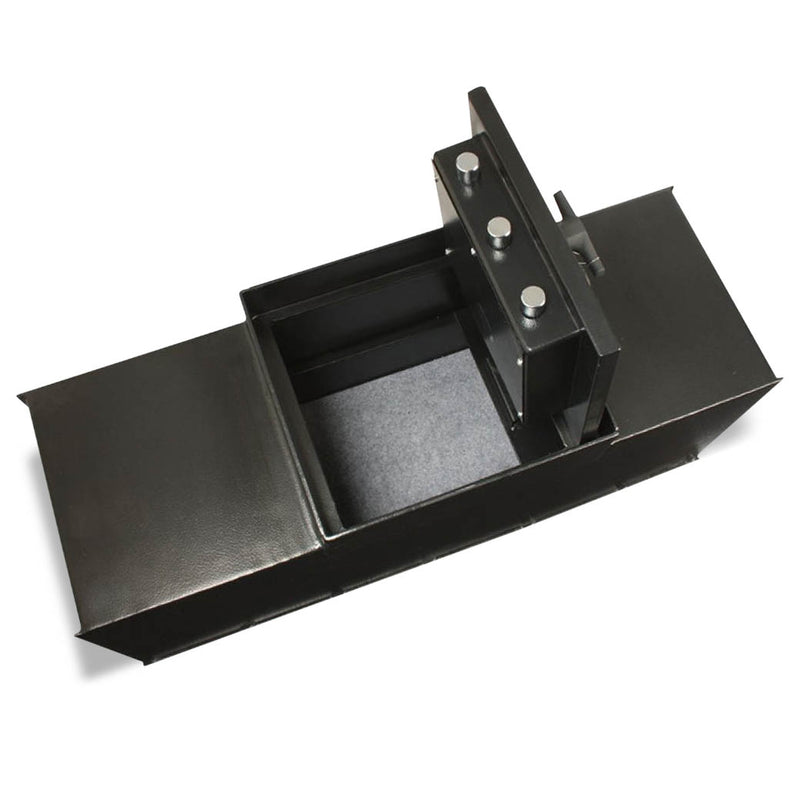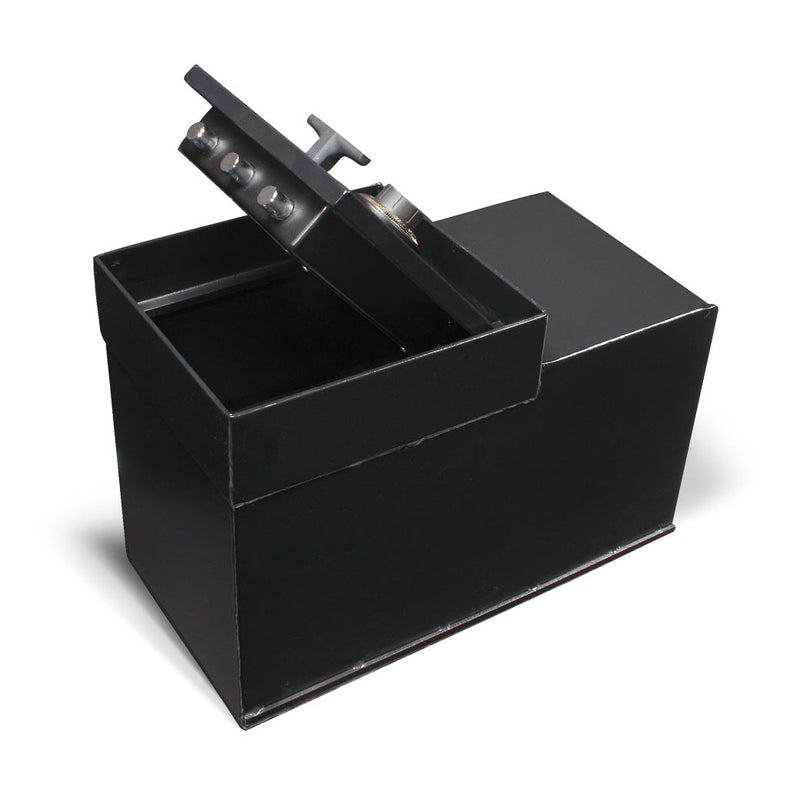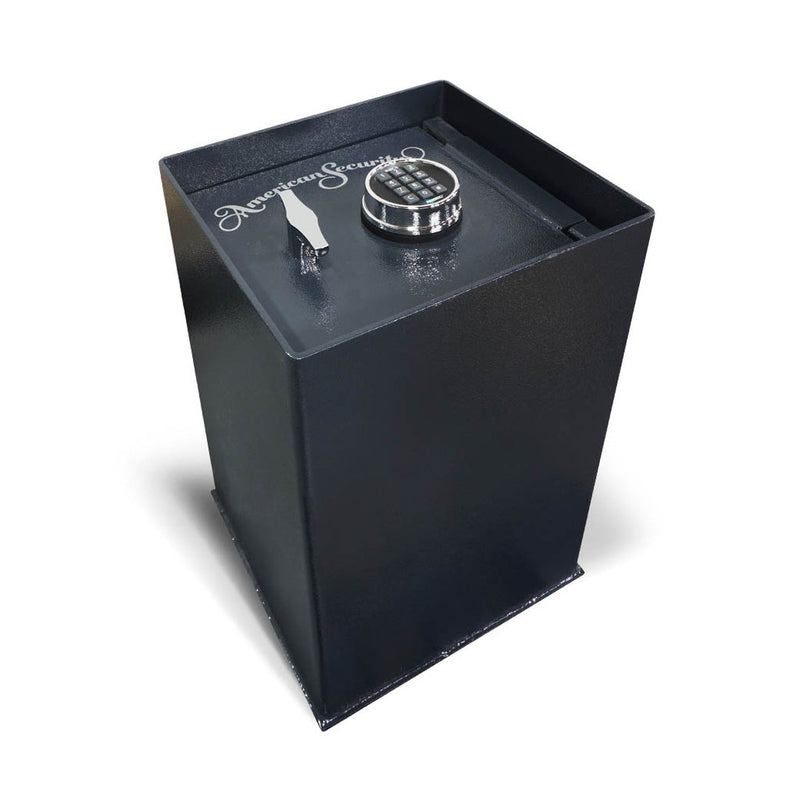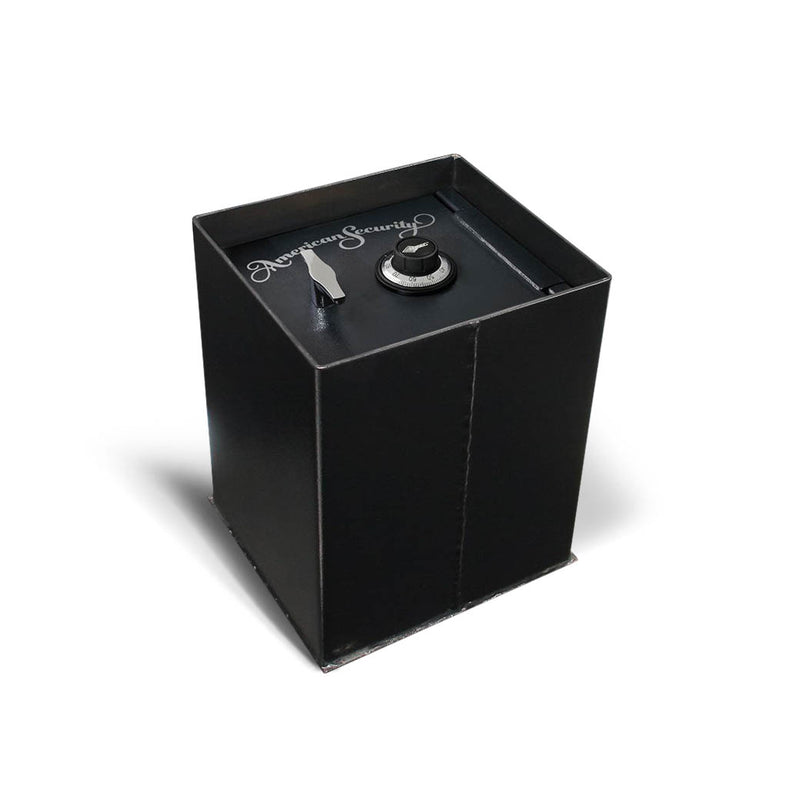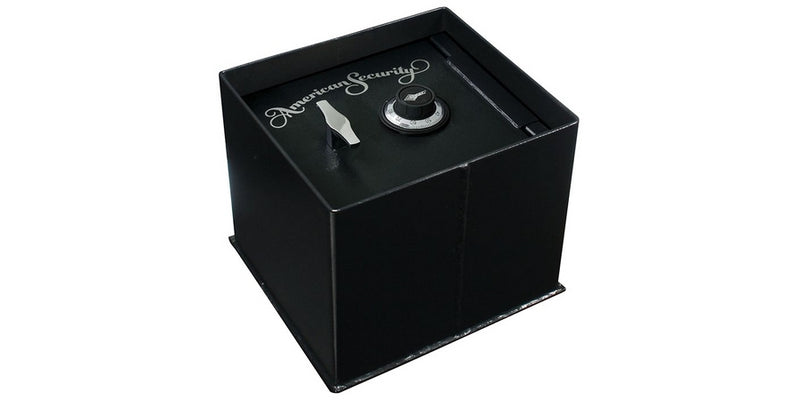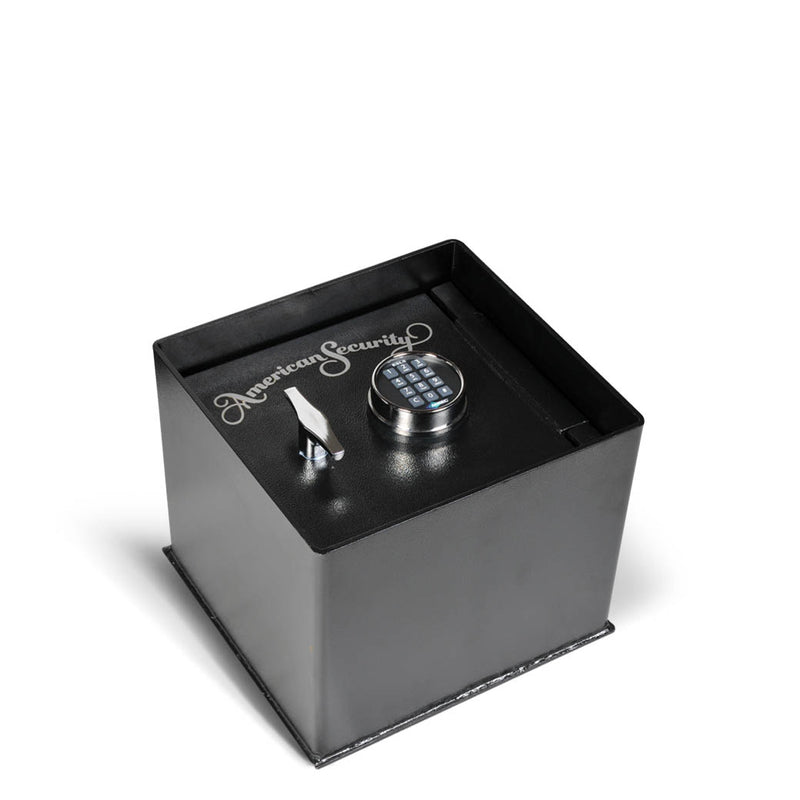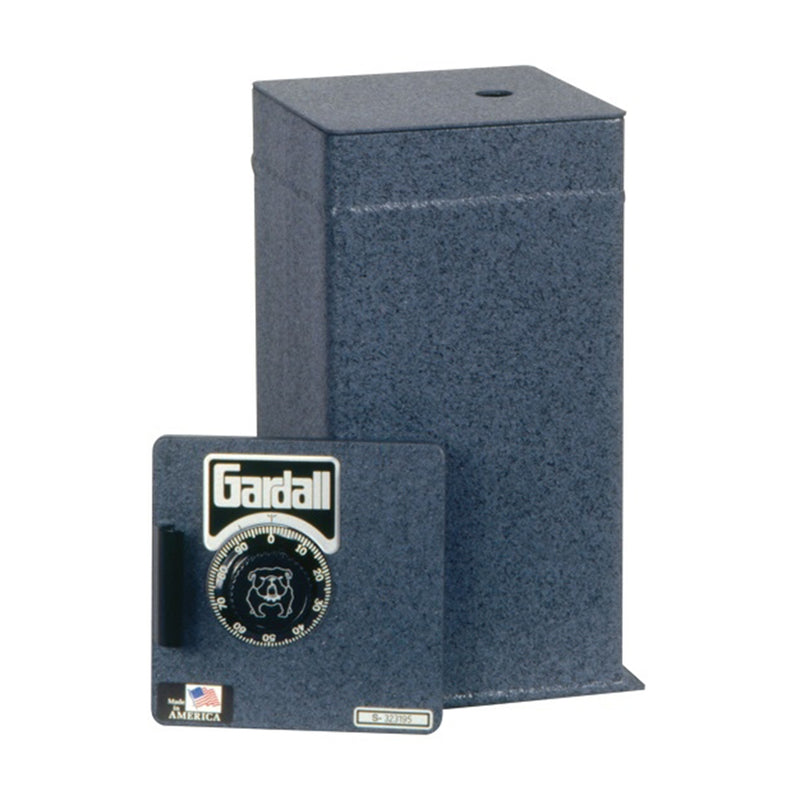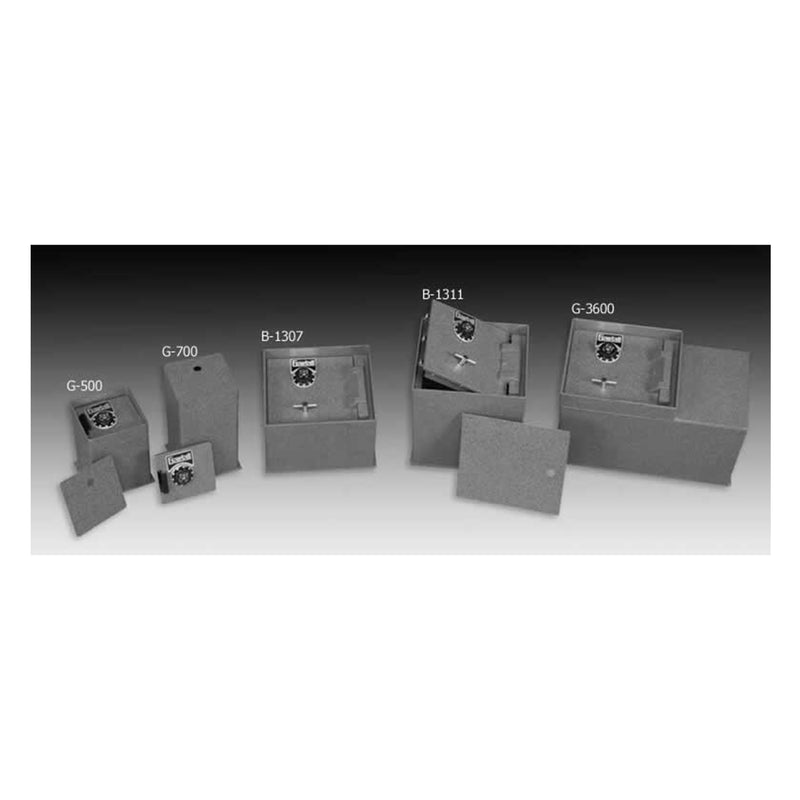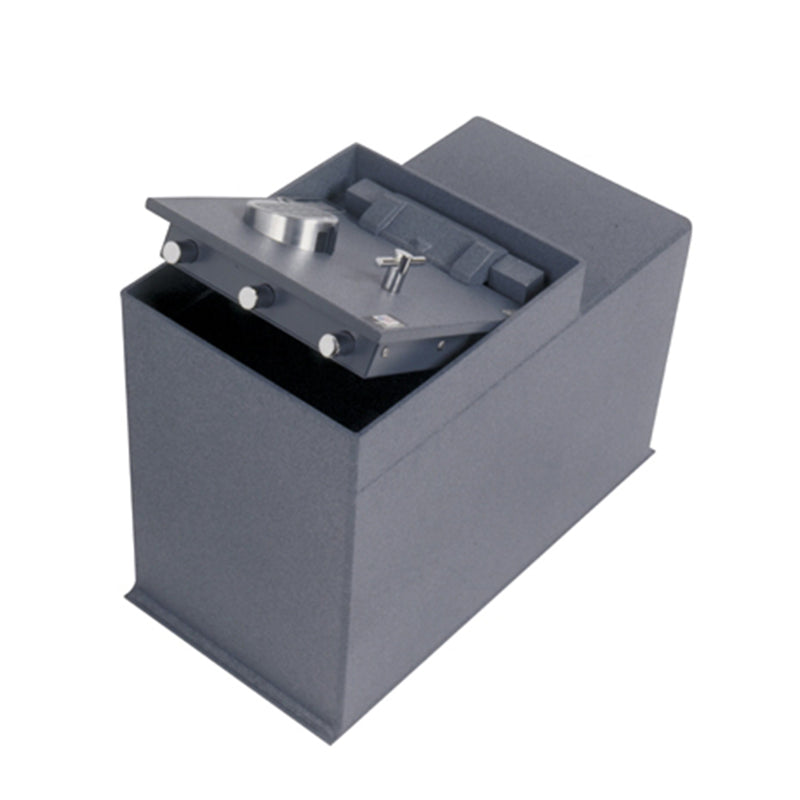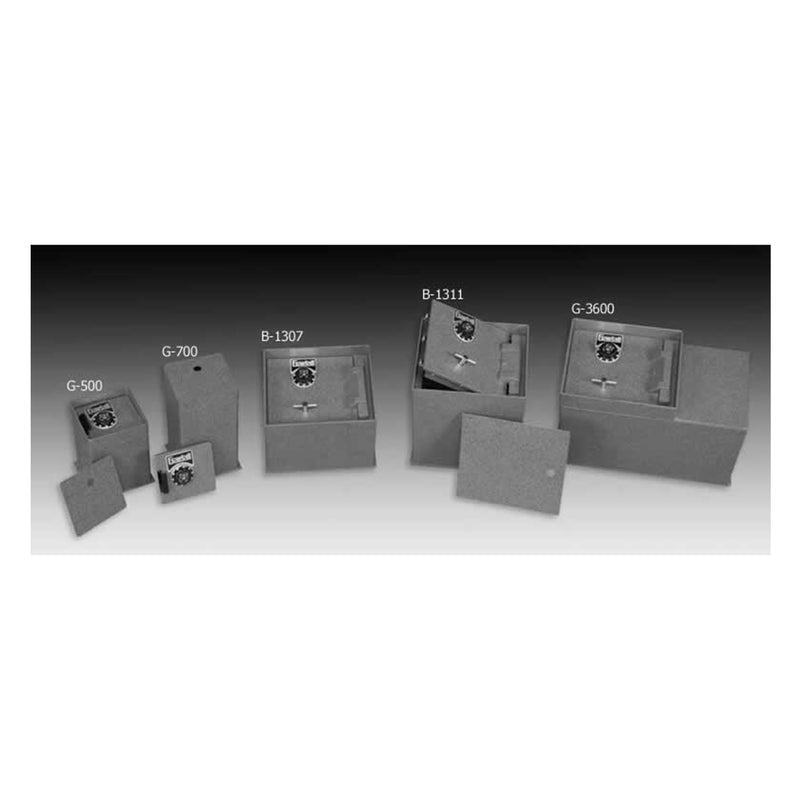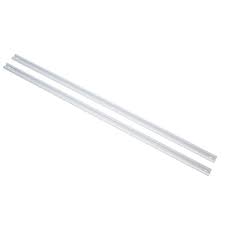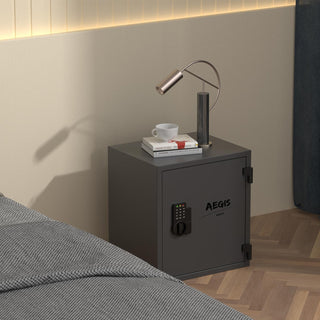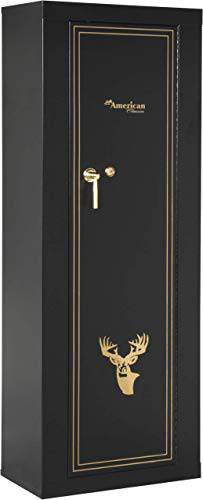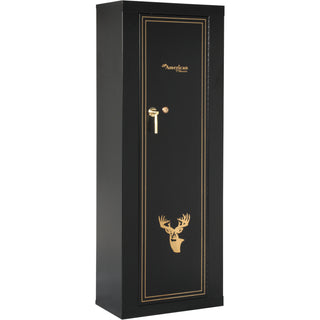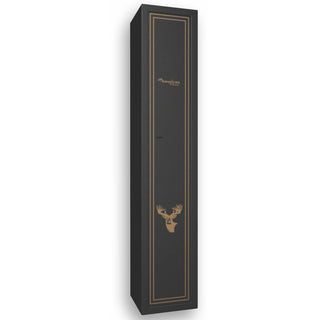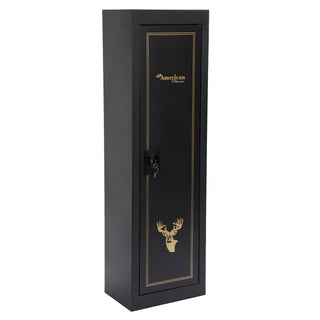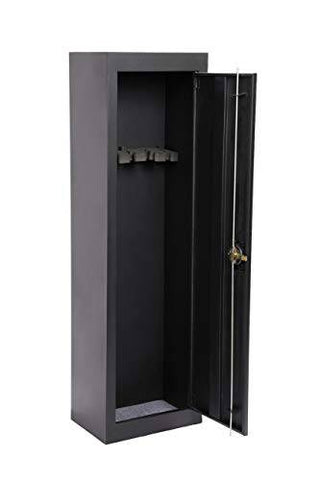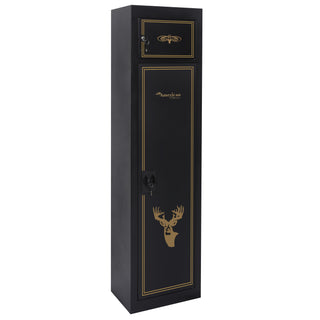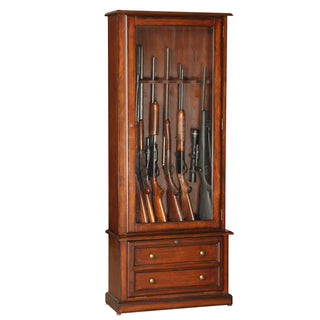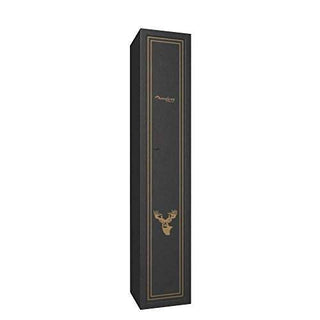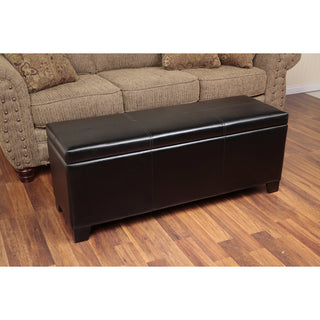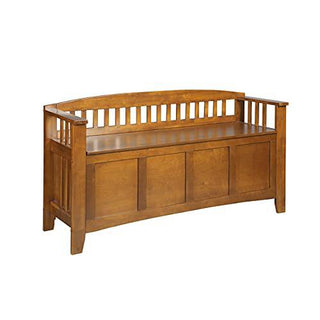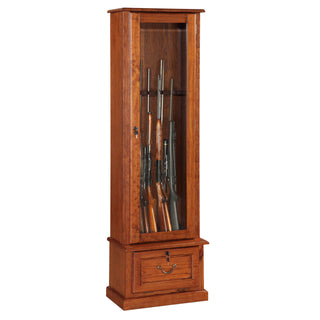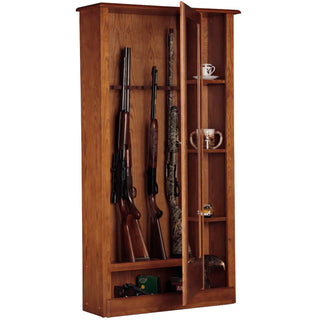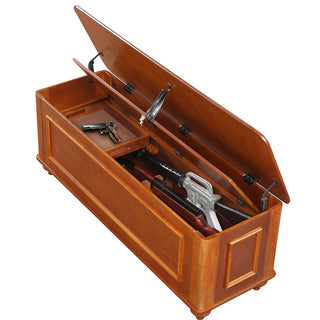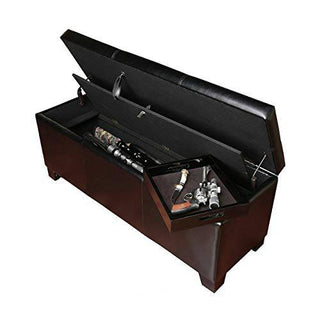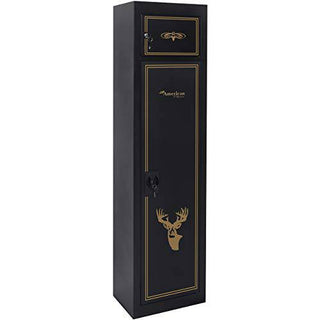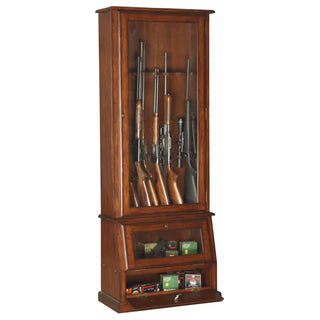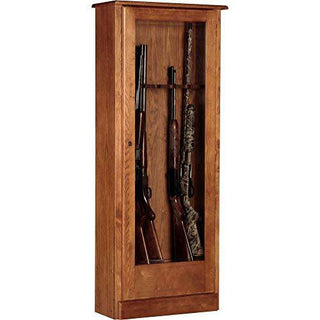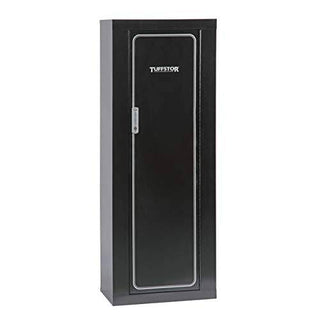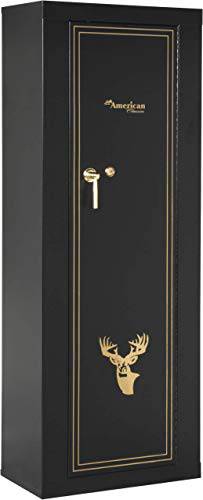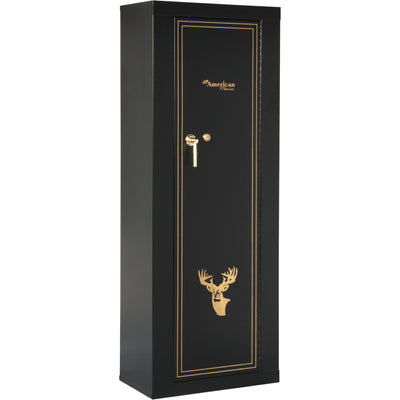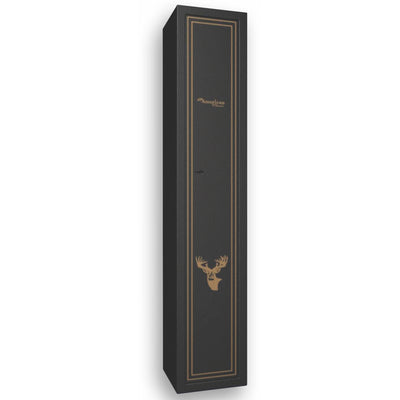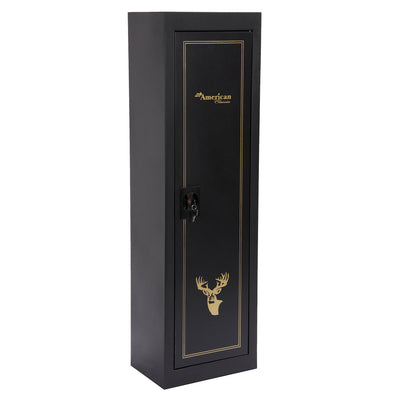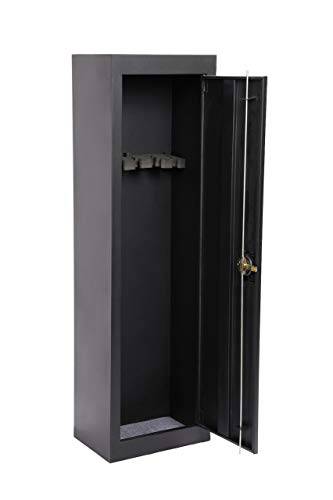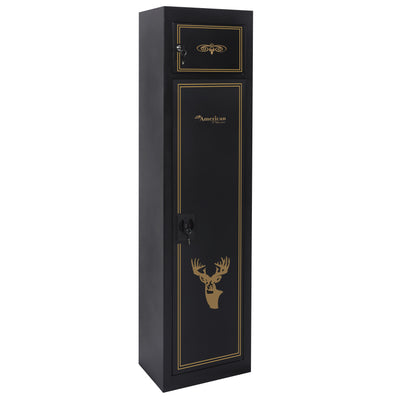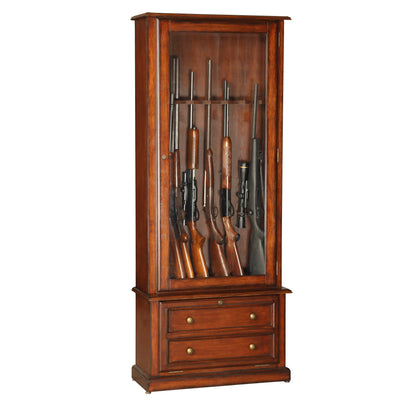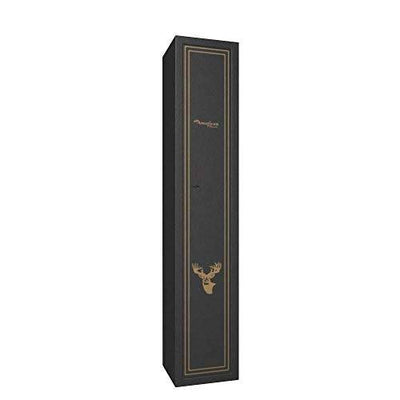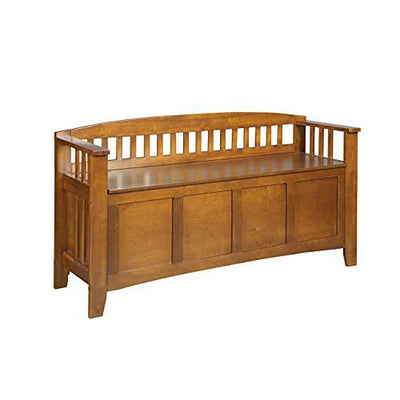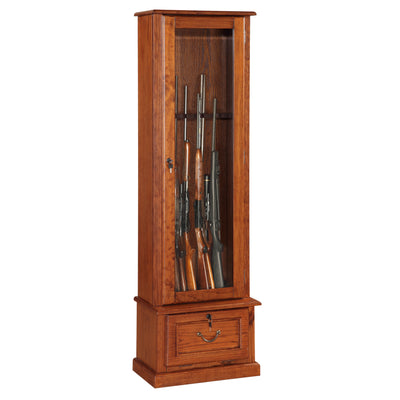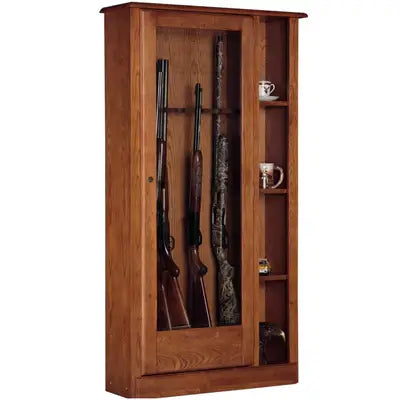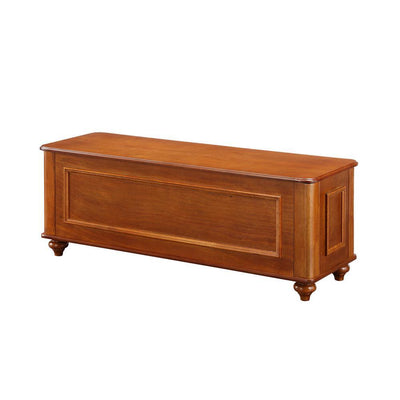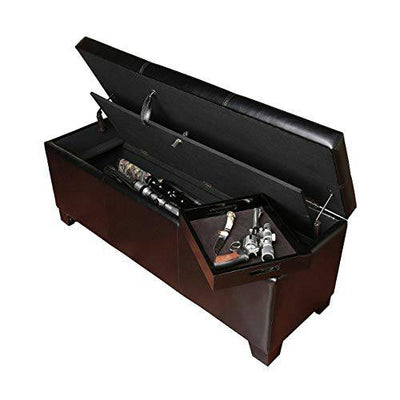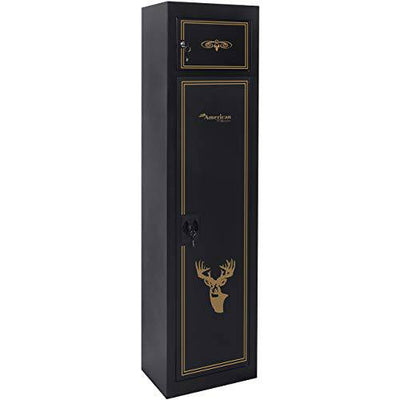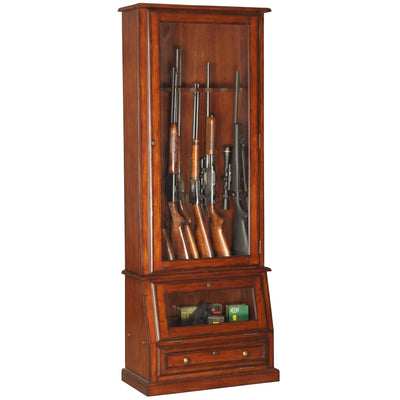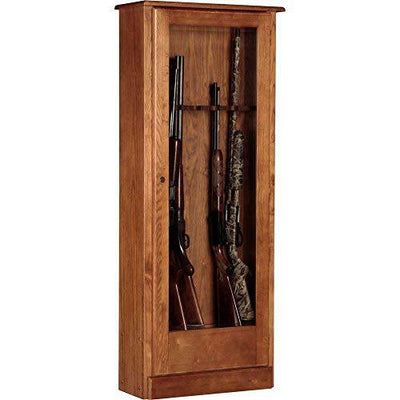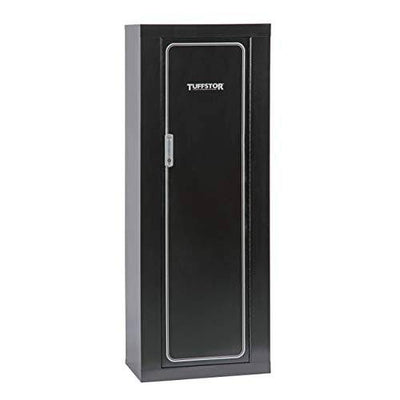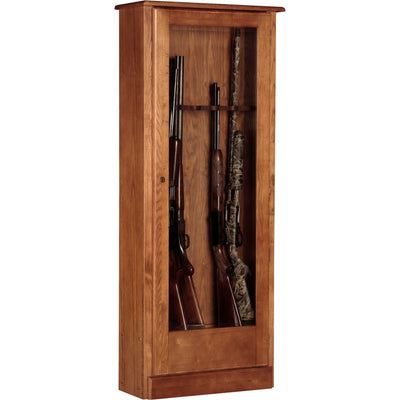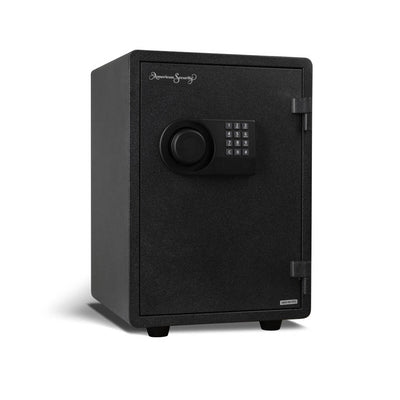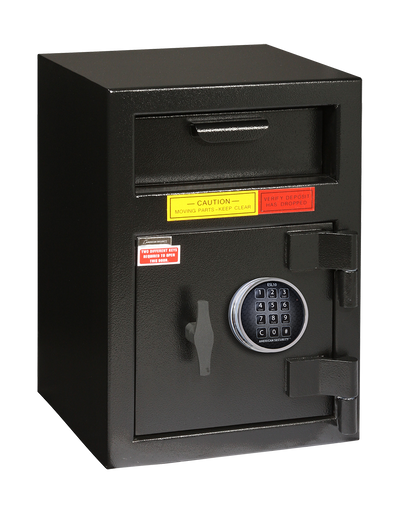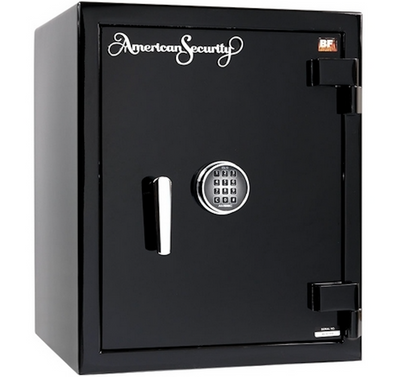Best Floor Safes
Premium floor safes engineered for maximum security and reliability. Browse our collection of fireproof and burglary-rated safes below.
- Sort by Featured
- Sort by Best Selling
- Sort by Alphabetically, A-Z
- Sort by Alphabetically, Z-A
- Sort by Price, low to high
- Sort by Price, high to low
- Sort by Date, new to old
- Sort by Date, old to new
About Floor Safes
Floor Safe - Picking the Right One
Safeguarding your valuables is of utmost importance, and floor safes provide an excellent solution for secure storage. But how do you choose the right floor safe for your needs? In this blog post, we’ll guide you through the types, features, and considerations to make when selecting a floor safe, including installation, concealment, fire and water resistance, lock options, and more. Are you ready to discover the hidden world of floor safes? Let’s dive in!
Short Summary
- Floor safes offer impressive security features, such as hardened steel construction and electronic locks.
- Installation in a concrete floor is recommended for optimal protection, while furniture or other floor coverings can be used to conceal the safe.
- Consider fire and water resistance when choosing the right lock for your floor safe. Top brands include AMSEC, Barska etc.
Understanding Floor Safes
Floor safes are specifically designed to be concealed in the floor, providing top-notch security for small valuables and important documents. They boast a range of features, such as hardened steel construction, electronic locks, and fire protection. With a variety of types and sizes available, you can easily find a floor safe that suits your needs and preferences.
Floor safes have become a popular choice for homeowners and businesses alike because of their impressive security features, including:
- Surrounding concrete for additional protection from burglars and fire
- Recessed door that makes it difficult for intruders to pry open
- Cover plate that ensures the lock and handle remain hidden from view.
Types of Floor Safes
There are several types of floor safes to choose from, including poly body, steel body, and custom-built options, each with unique features and benefits. For instance, HAYMAN Safe Co Inc offers Poly Body and Steel Body In-Floor Safes, which provide comparable security to other steel floor safes. The “Poly” safe includes storage shelves, a filing system, and a false floor for added convenience.
Another popular option is the Super Brute line, which features 1” diameter locking bolts, a 3/4” solid steel plate door, and a heavy-duty dead bar for enhanced security. For those undergoing new construction, Hayman Safe offers a construction seal to protect the safe from debris and workers during the installation process.
With various types of floor safes available, it’s essential to find one that suits your specific needs and security requirements.
Common Features
Most floor safes share some common features, regardless of their type. For instance, they are typically constructed with steel and designed to be secure and resistant to tampering. Furthermore, they are embedded into the floor, often with concrete, for added security and stability.
The usual locking mechanisms for floor safes include electronic locks, key locks, and combination locks, giving you the flexibility to choose the type of lock that best suits your needs and preferences. These features, combined with the discreet nature of floor safes, make them an ideal choice for storing valuable items and important documents securely and hidden from view.
When to Use a Floor Safe
Floor safes are perfect for storing a variety of items, such as:
- cash
- jewelry
- important documents
- gold coins
In a secure and easily hidden location, their discrete nature and robust construction make them an ideal choice for both residential and commercial settings, providing an additional layer of security for your valuable possessions.
By choosing a floor safe, you can protect your valuables from theft and potential damage. It’s important, however, to ensure that the safe is properly installed and concealed to maintain its effectiveness and security.
In the following sections, we’ll provide guidance on installation, concealment, and other critical factors to consider when using a floor safe.
Installation and Concealment
Proper installation and concealment of a floor safe are crucial for maintaining its security and effectiveness. Whether you’re installing the safe in a concrete or wood floor, it’s essential to follow the appropriate steps and guidelines to ensure the safe is firmly secured and hidden from view.
In the following subsections, we’ll dive deeper into the installation process for different types of floors and provide tips on how to effectively conceal your floor safe.
Installing in Concrete Floors
Installing a floor safe in a concrete floor provides the highest level of security and protection. The process involves:
- Breaking through the concrete
- Cleaning out the hole
- Ensuring the safe is level
- Securing it to the floor with suitable fasteners
The concrete surrounding the safe not only adds stability but also enhances its fire protection capabilities.
It’s important to follow the manufacturer’s guidelines and, if necessary, seek professional assistance for a proper installation. A correctly installed floor safe in a concrete floor will provide you with peace of mind, knowing your valuables are well-protected against theft and damage.
Installing in Wood Floors
While floor safes can be installed in wood floors, concrete floors offer better security and protection. The process of installing a floor safe in a wood floor involves digging a hole, partially filling it with concrete, and securing the safe with strong bolts. For optimal stability, it’s recommended to secure the safe to a wood or concrete foundation.
Although installing a floor safe in a wood floor might be a more convenient option for some homeowners, it’s important to consider the potential trade-offs in terms of security and protection. Concrete floors provide a more robust safeguard for your valuables, making them the preferred choice for floor safe installations.
Tips for Concealing Your Floor Safe
Effectively concealing your floor safe is crucial for maintaining its security. A well-hidden floor safe is less likely to be discovered by intruders, providing an extra layer of protection for your valuables. One popular method of concealing a floor safe is placing a rug or carpet on top of it, keeping it hidden from view.
Other options for concealing a floor safe include utilizing furniture, wall hangings, or other floor coverings to keep the safe out of sight. By taking the time to carefully plan and execute the concealment of your floor safe, you’ll ensure the security of your possessions and enjoy greater peace of mind.
Fire and Water Resistance
Floor safes offer varying levels of fire and water resistance, depending on their construction and features. While the concrete encasement surrounding most floor safes provides some level of protection against heat and flames, the exposed door may still heat up and potentially damage the contents in the event of a fire. It’s important to consider these factors when selecting a floor safe and take appropriate measures to protect your valuables from fire and water damage, such as investing in fire safes.
In the following subsections, we’ll explore fire protection features and water resistance considerations for floor safes.
Fire Protection Features
Fire protection features in floor safes typically include concrete encasement and fire-resistant materials. The concrete surrounding the safe provides excellent protection against heat and flames, as it helps shield the safe from the direct impact of fire. However, it’s important to note that not all floor safes have lab-tested fire ratings, meaning their fire protection capabilities may vary.
Some floor safes come with additional fire protection features, such as fire-resistant bags for storing important items. These bags do not have a specific fire rating. However, they provide some level of fire resistance when there is a fire. Be sure to consider the fire protection features of a floor safe when making your choice, as this can greatly impact the safety of your valuables.
Water Resistance Considerations
Water resistance in floor safes is limited, so it’s important to take additional measures to protect your valuables from moisture and potential damage. While the concrete surrounding the safe can help protect it from water damage, it’s not completely impermeable. To ensure that water does not get inside, it’s essential to ensure that the safe is correctly installed and that the seal around the door is tight.
To further protect your valuables from water damage, consider storing items in waterproof bags or containers, such as zip lock bags or Tupperware containers. By taking these precautions, you can help safeguard your valuable possessions from the potential risks of water damage and flooding.
Choosing the Right Lock for Your Floor Safe
Selecting the right lock for your floor safe is essential for ensuring the security of your valuables. With various lock options available, including electronic, key, or combination locks, it’s important to choose the one that best suits your needs and preferences.
In the following subsections, we’ll explore the advantages and disadvantages of each type of lock, helping you make an informed decision when selecting the best lock for your floor safe.
Electronic Locks
Electronic locks offer convenience and ease of use, making them a popular choice for many floor safe users. They typically feature a keypad, card reader, or other access control device, providing quick and easy access to your valuables. Electronic locks also offer enhanced security, as they are more challenging to pick than traditional locks, and can be programmed to enable access for multiple users.
However, electronic locks may be susceptible to malfunction during flooding or power outages, which could potentially compromise the security of your valuables. It’s important to weigh the pros and cons of electronic locks when choosing the right lock for your floor safe, considering factors such as convenience, security, and potential vulnerabilities.
Key Locks
Key locks provide a simple and reliable locking mechanism for floor safes. They utilize a physical key to unlock the safe, eliminating the need for batteries or power. This straightforward and reliable system offers convenient and swift access to your valuables.
However, there are some drawbacks to consider with key locks. The potential for key loss or misplacement could pose a security risk, and the limited security features in comparison to electronic or combination locks may be a concern for some users.
When choosing a lock for your floor safe, consider whether the simplicity and reliability of key locks outweigh their potential drawbacks.
Combination Locks
Combination locks are a popular choice for floor safes, offering a balance of security and ease of use. They utilize a combination of numbers or symbols to open the safe, providing versatility and quick access to your valuables. Combination locks also allow for easy changes to the combination, ensuring that your safe remains secure even if the combination becomes compromised.
On the downside, combination locks can be susceptible to hacking and may rely on batteries, which could pose potential issues in the event of a power outage. When selecting the right lock for your floor safe, consider the advantages and disadvantages of combination locks, taking into account their security, ease of use, and potential vulnerabilities.
Storing Valuables in a Floor Safe
A floor safe provides a secure and hidden storage solution for a variety of valuables, such as:
- cash
- jewelry
- important documents
- small collectibles
By choosing the right floor safe and lock, you can ensure that your possessions remain protected from theft and potential damage.
When storing valuables in your floor safe, it’s essential to consider factors such as fire and water resistance, as well as the overall security of the safe. By taking the time to properly store your valuables and maintain your floor safe, you can enjoy greater peace of mind knowing that your possessions are well-protected.
Comparing Floor Safes to Other Types of Safes
In addition to floor safes, there are other types of safes available, such as wall safes and standalone safes. Each type of safe has its unique advantages and disadvantages, making it essential to compare them when choosing the best option for your needs. Floor safes offer greater discretion and security than other types of safes, as they are designed to be concealed and embedded into the floor.
However, floor safes are more labor-intensive to install and may be more costly than other types of safes. When selecting the best safe for your needs, consider the security, ease of installation, and cost of each type of safe, and weigh their respective pros and cons to make an informed decision.
What are the Best Floor Safe Brands?
When choosing a floor safe, it’s essential to consider the brand and its reputation for quality and reliability. Some top floor safe brands include:
- Hayman floor safes
- AMSEC floor safes
- Hollon floor safes
- Protex floor safes
- Gardall floor safe
- Perma-Vault floor safe
We advise against most others.
These brands offer various features and levels of security, ensuring that you can find a floor safe that meets your specific needs and preferences.
By considering the top floor safe brands, you can ensure that you’re investing in a high-quality product that will provide long-lasting security and protection for your valuables. Take the time to research and compare the features and benefits of each brand to make the best choice for your needs.
Maintenance
Regular maintenance is essential for keeping your floor safe in optimal condition. This includes cleaning the safe with a gentle formula of water or mild soap and wiping away grime and grease from the safe and its surrounding area. Additionally, it’s important to lubricate the lock and bolts of your floor once a year with manufacturer-approved grease to ensure smooth operation.
By performing regular maintenance on your floor safe, you can prolong its lifespan and ensure that it continues to provide reliable security for your valuables. Don’t neglect this crucial aspect of floor safe ownership, as proper maintenance can make all the difference in the long-term performance and durability of your safe.
Troubleshooting Common Issues
Common issues with floor safes may include lock malfunctions, difficulty opening the safe, or moisture and corrosion problems. To troubleshoot these issues, it’s important to consult the manufacturer’s guidelines and seek professional assistance if necessary. Taking proactive measures, such as ensuring correct installation, applying a waterproof sealant, and regularly inspecting for signs of corrosion or deterioration, can help prevent common problems associated with floor safes.
By addressing common issues and troubleshooting them effectively, you can maintain the security and functionality of your floor safe. Don’t let these issues compromise the safety of your valuables – be proactive in identifying and resolving potential problems with your floor safe.
Summary
In conclusion, floor safes provide a secure and discreet solution for safeguarding your valuables, offering a range of types, features, and lock options to suit your needs. By considering factors such as installation, fire and water resistance, maintenance, and troubleshooting, you can ensure that your floor safe remains a reliable and effective security measure. With the right floor safe and proper care, you can enjoy greater peace of mind, knowing that your valuables are well-protected and hidden from view.
Frequently Asked Questions
Are floor safes any good?
Floor safes offer a great protection against burglary as they can be concealed in various places and are installed into the concrete foundation of your home. As such, floor safes are perfect for protecting valuables from theft.
Can you install a safe in the floor?
Yes, you can install a safe in the floor for added security.
What types of locks are available for floor safes?
Floor safes can be equipped with mechanical combination locks, electronic combination locks, key locks, and biometric locks for enhanced security.
Can floor safes provide fire protection?
Floor safes can provide some fire protection, depending on their construction and features; however, the exposed door may heat up in a fire.
Are floor safes waterproof?
Floor safes are not waterproof, so it is essential to take additional measures to protect your valuables from potential water damage.
USA Safe & Vault is your number one source for Floor Safes. You'll find only the Best Floor Safes on our website. With full customer support, including lifetime expert advice, and a guaranteed low price, you can feel confident buying your Floor Safes from USA Safe & Vault.
Order your Floor Safes today from USA Safe & Vault to get Free shipping on all of our Floor Safes. Order today for your chance to win a special promotion + free gift! See product page for more details.









